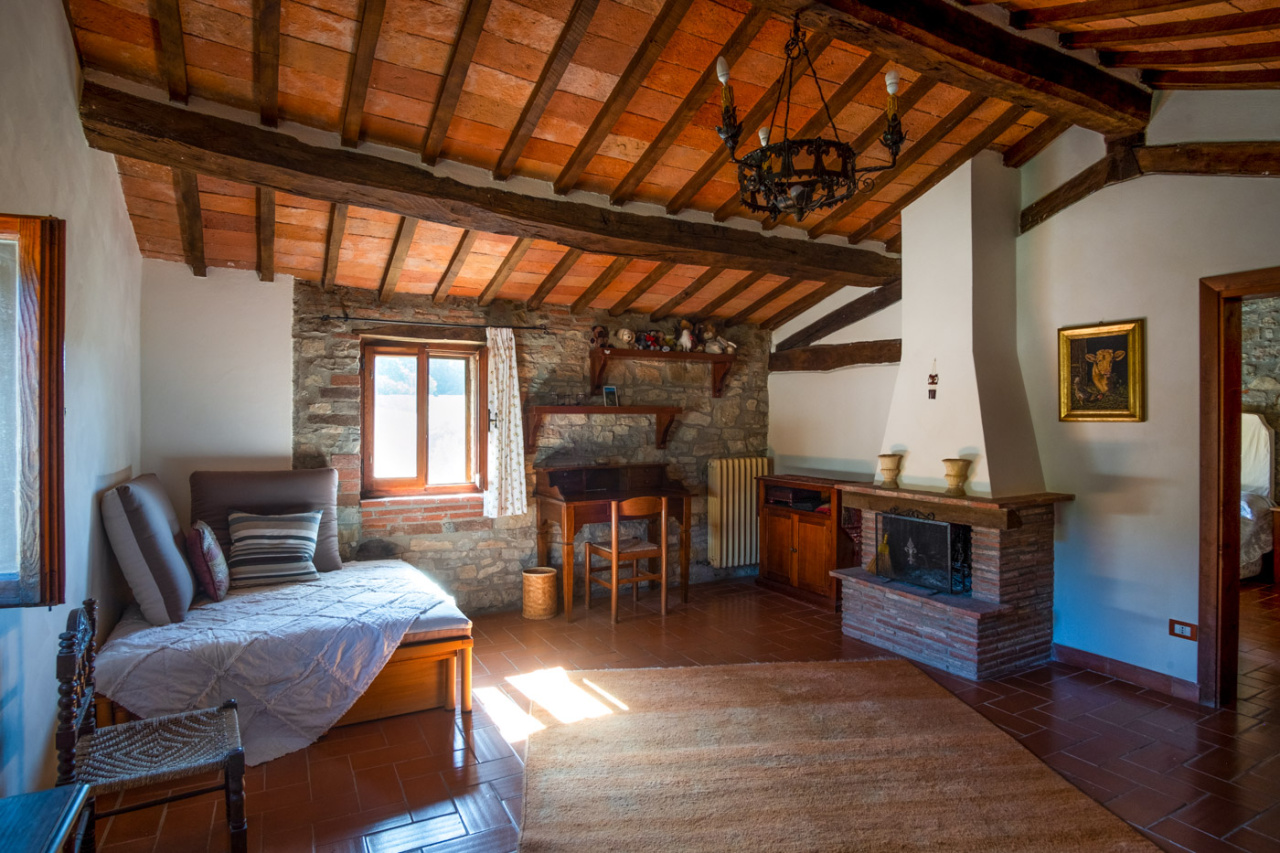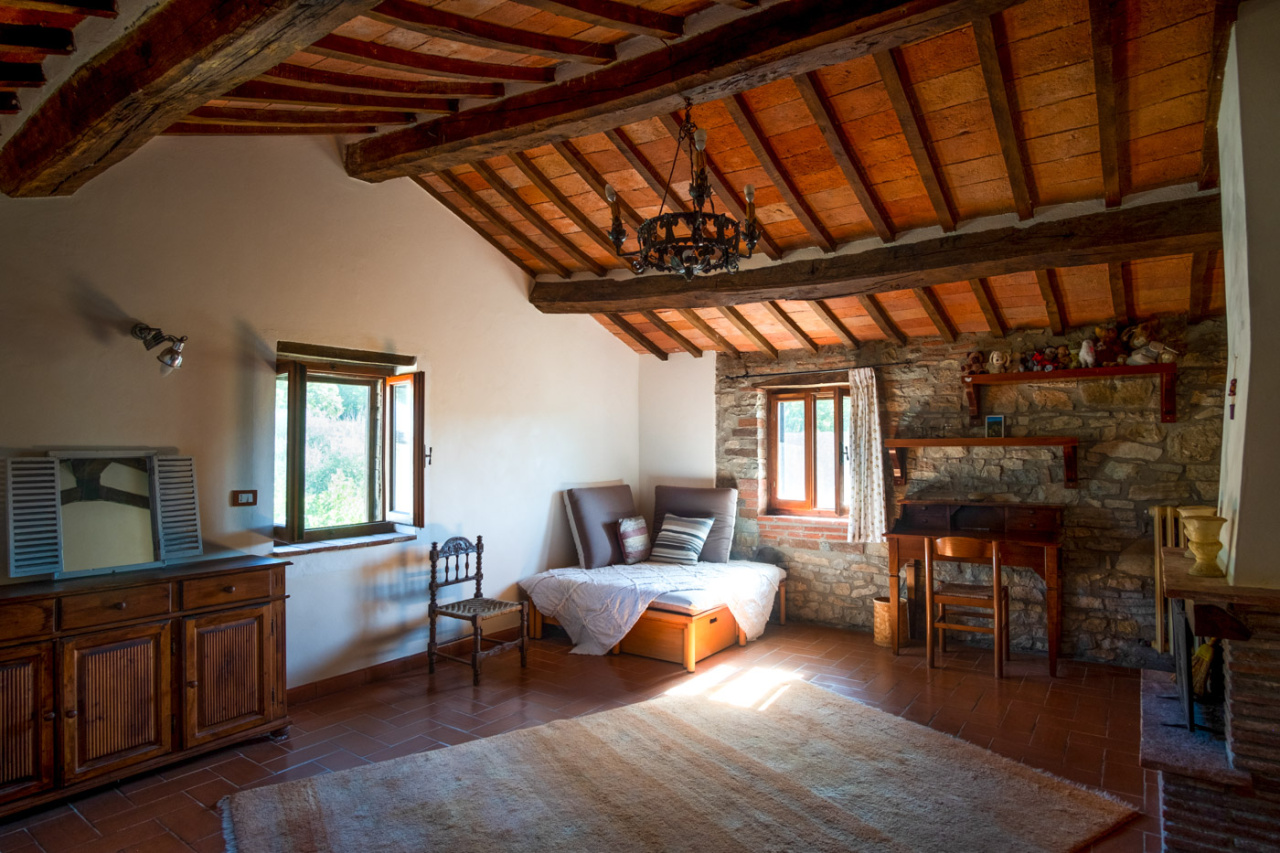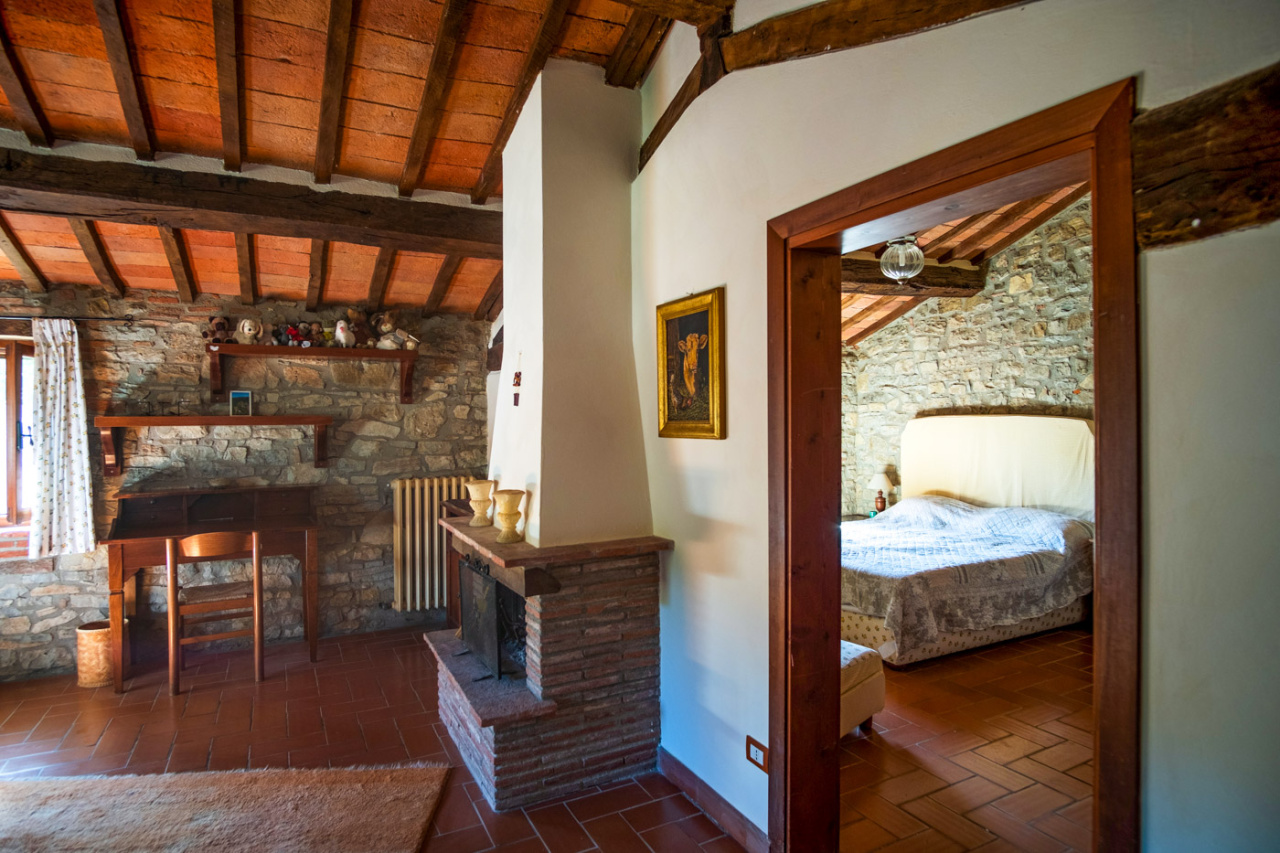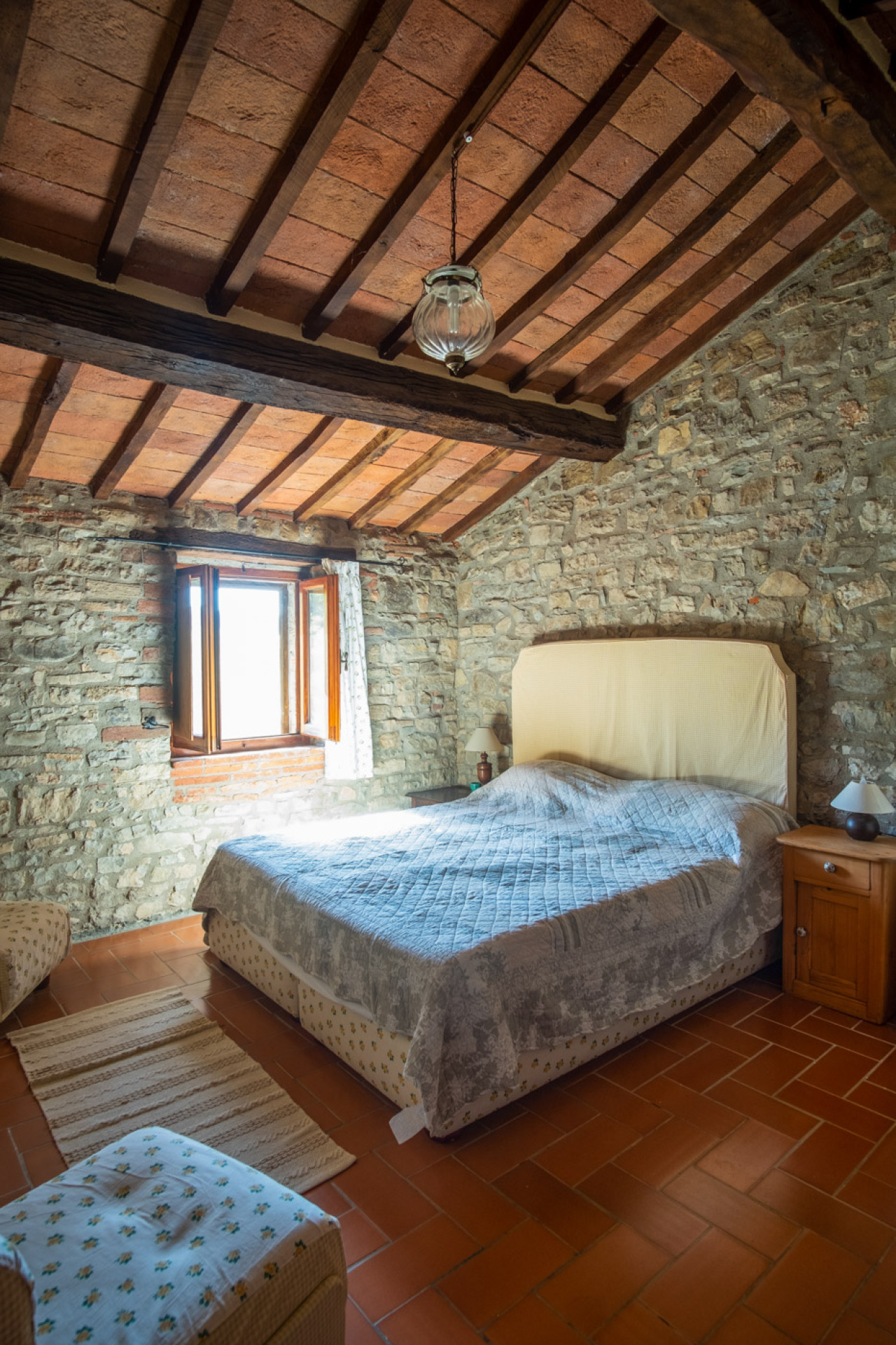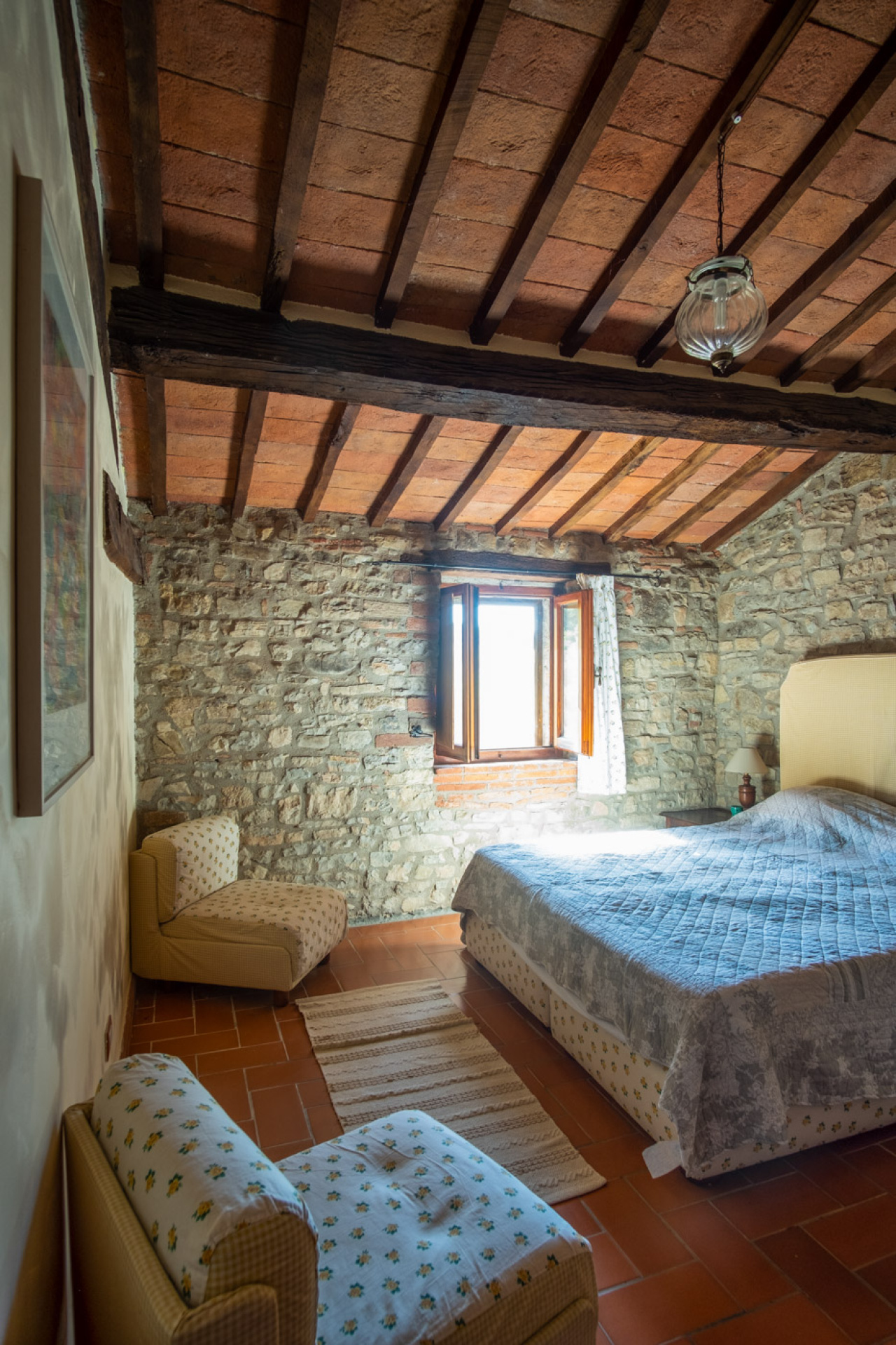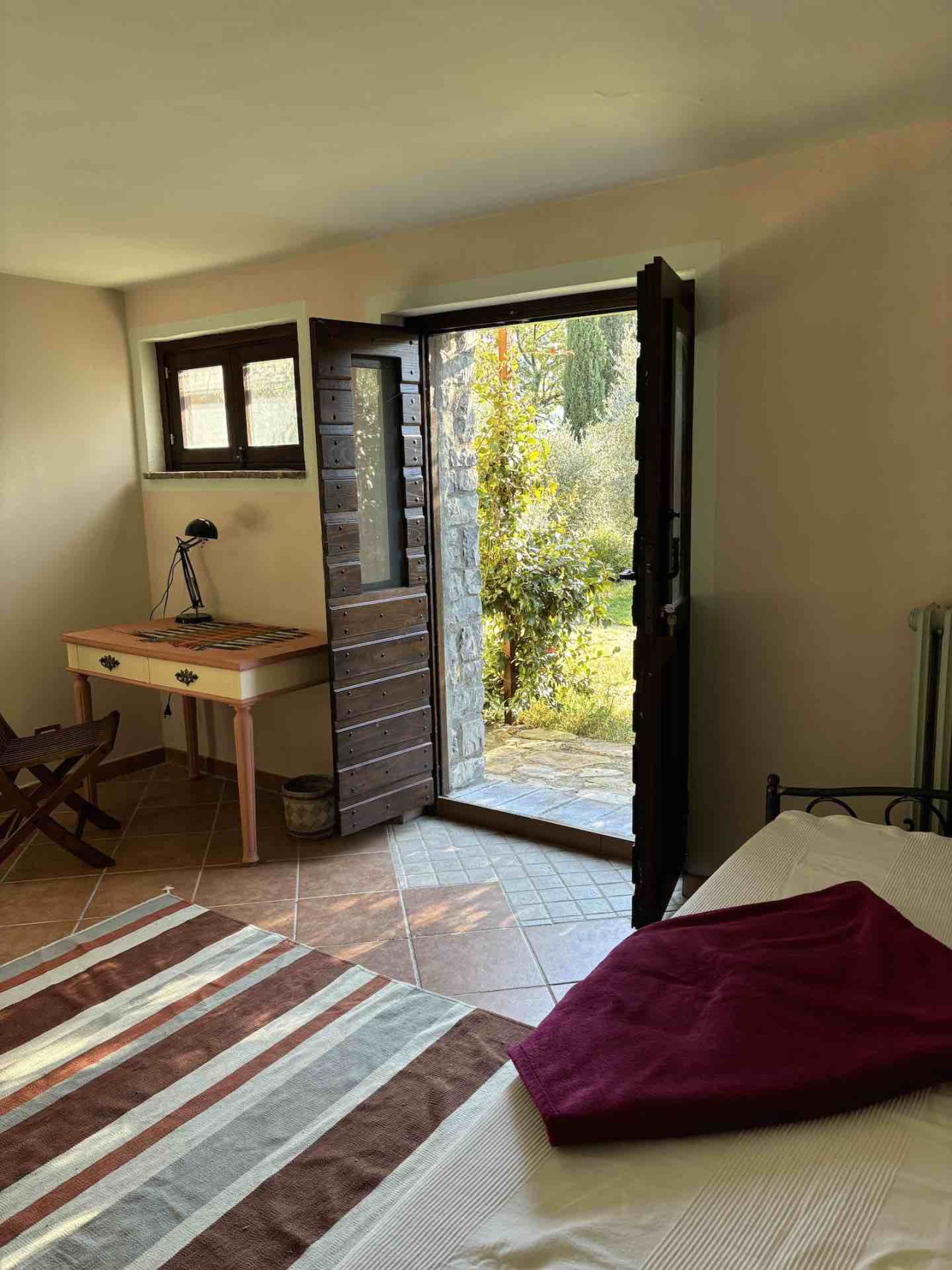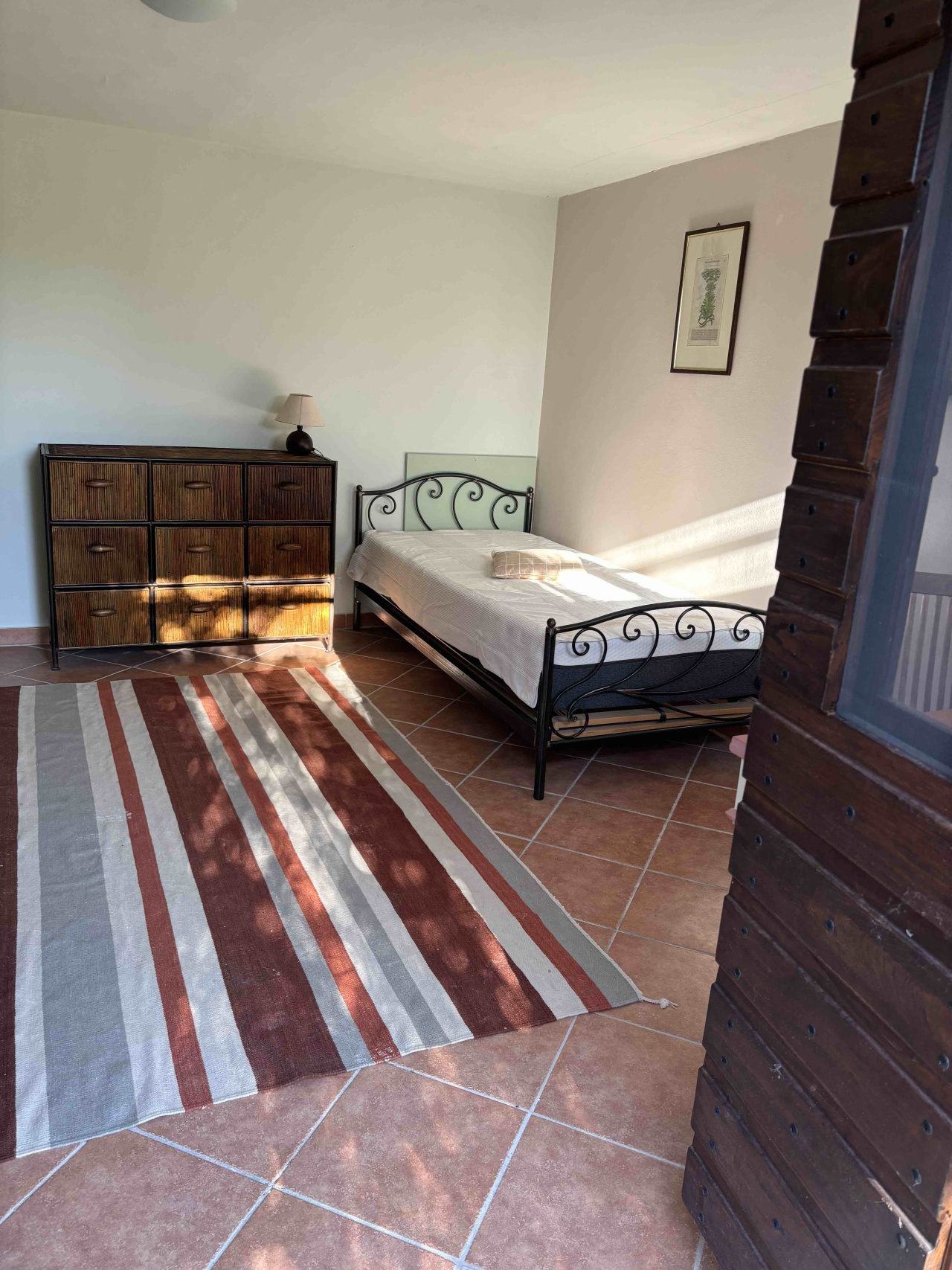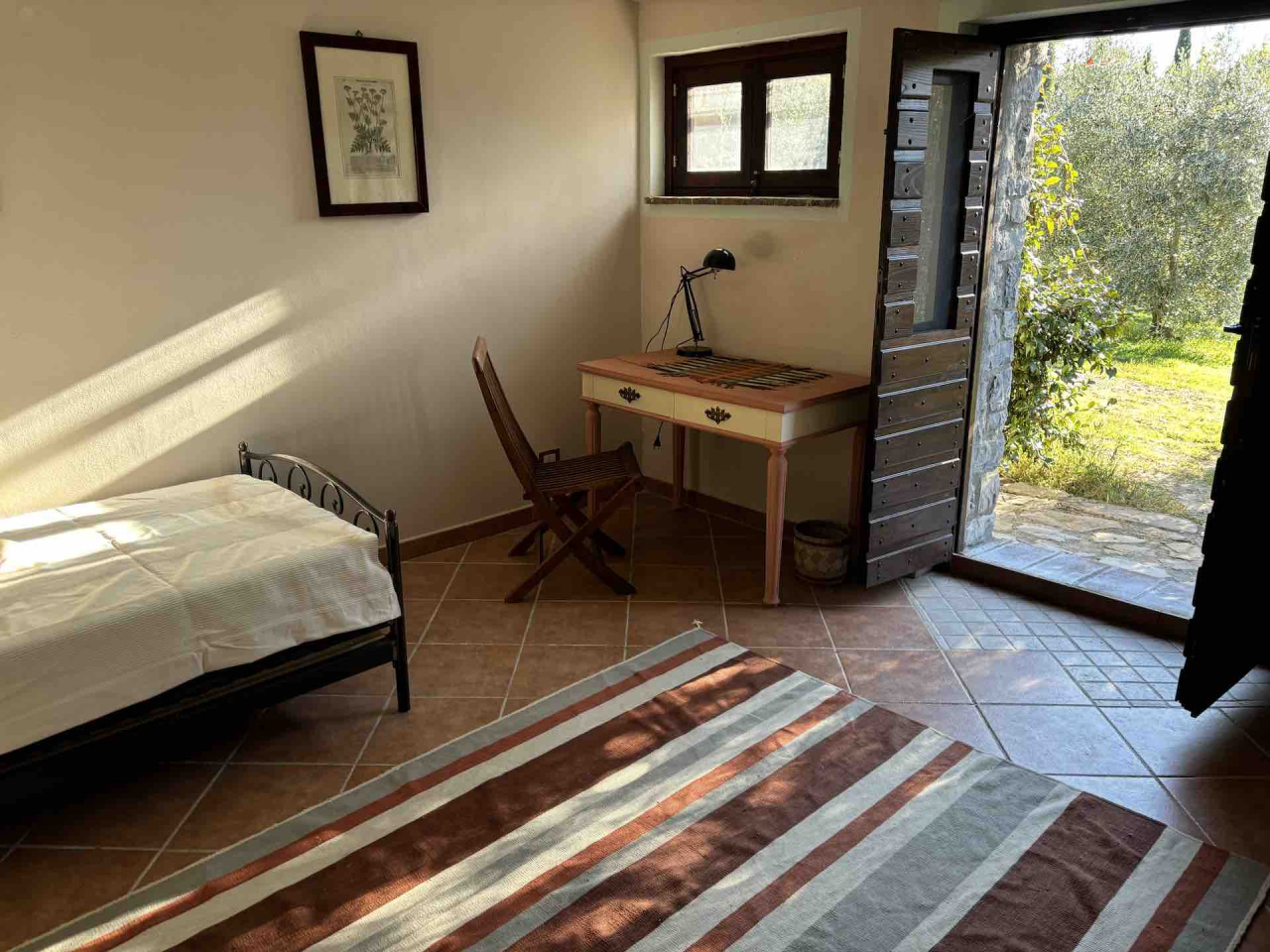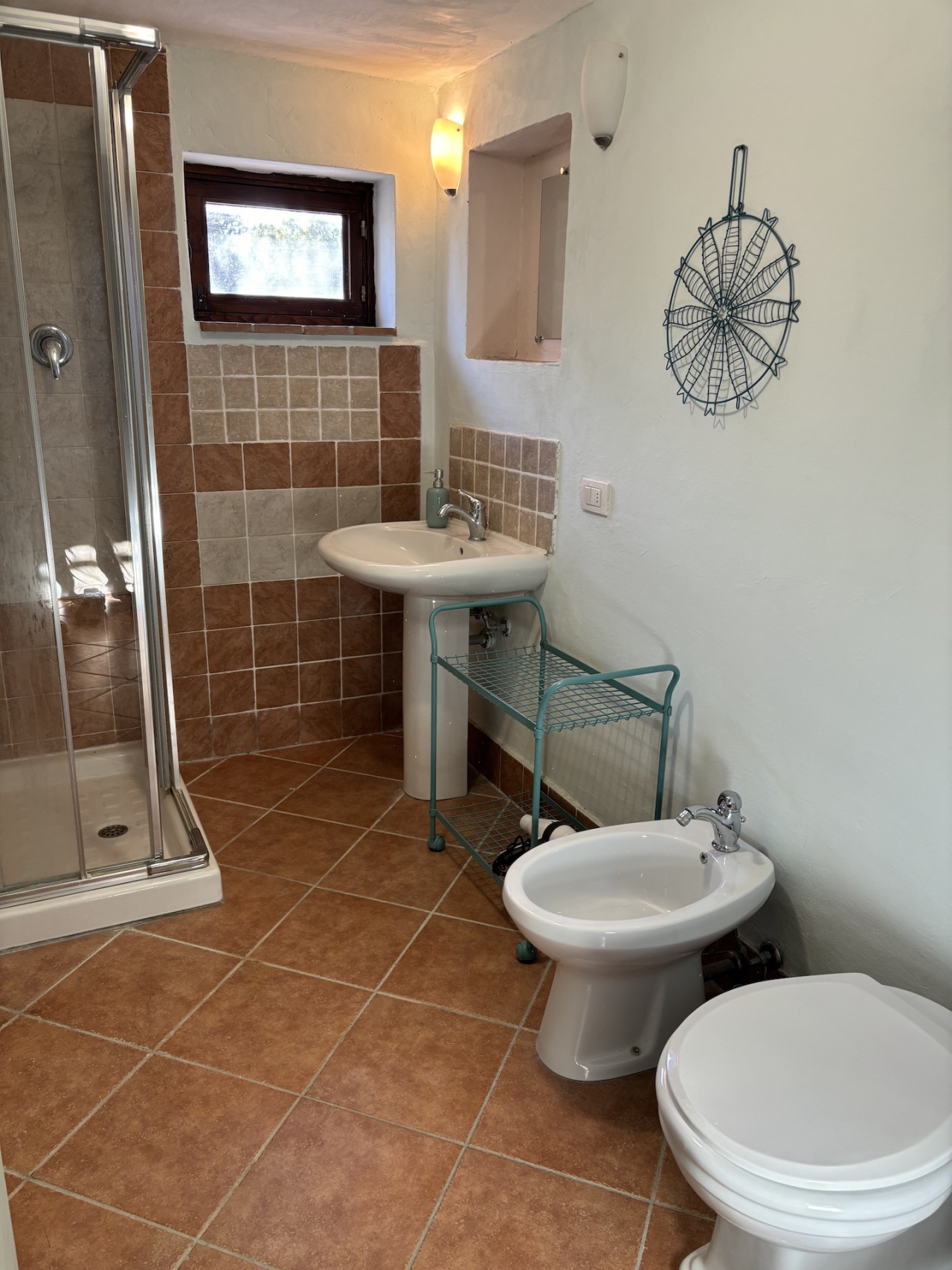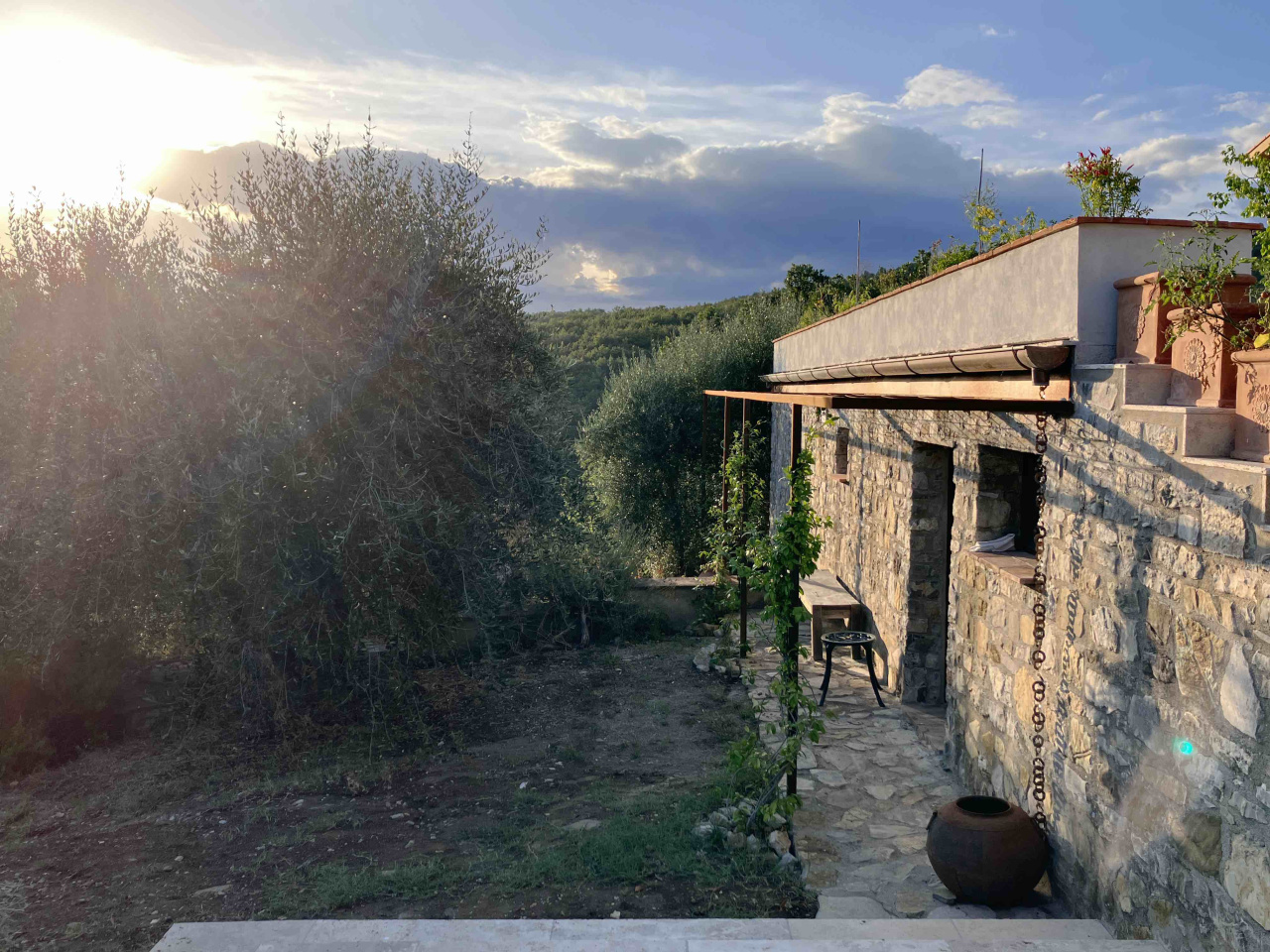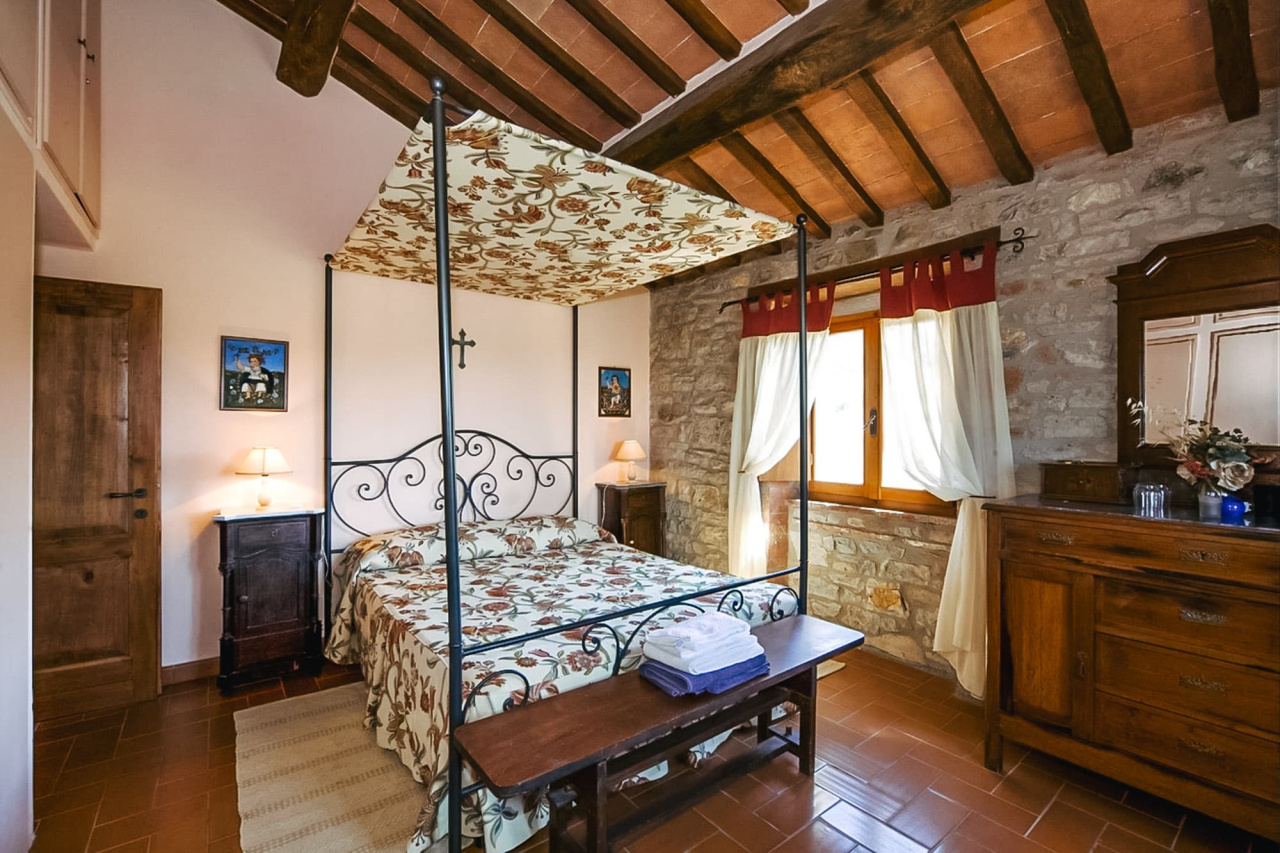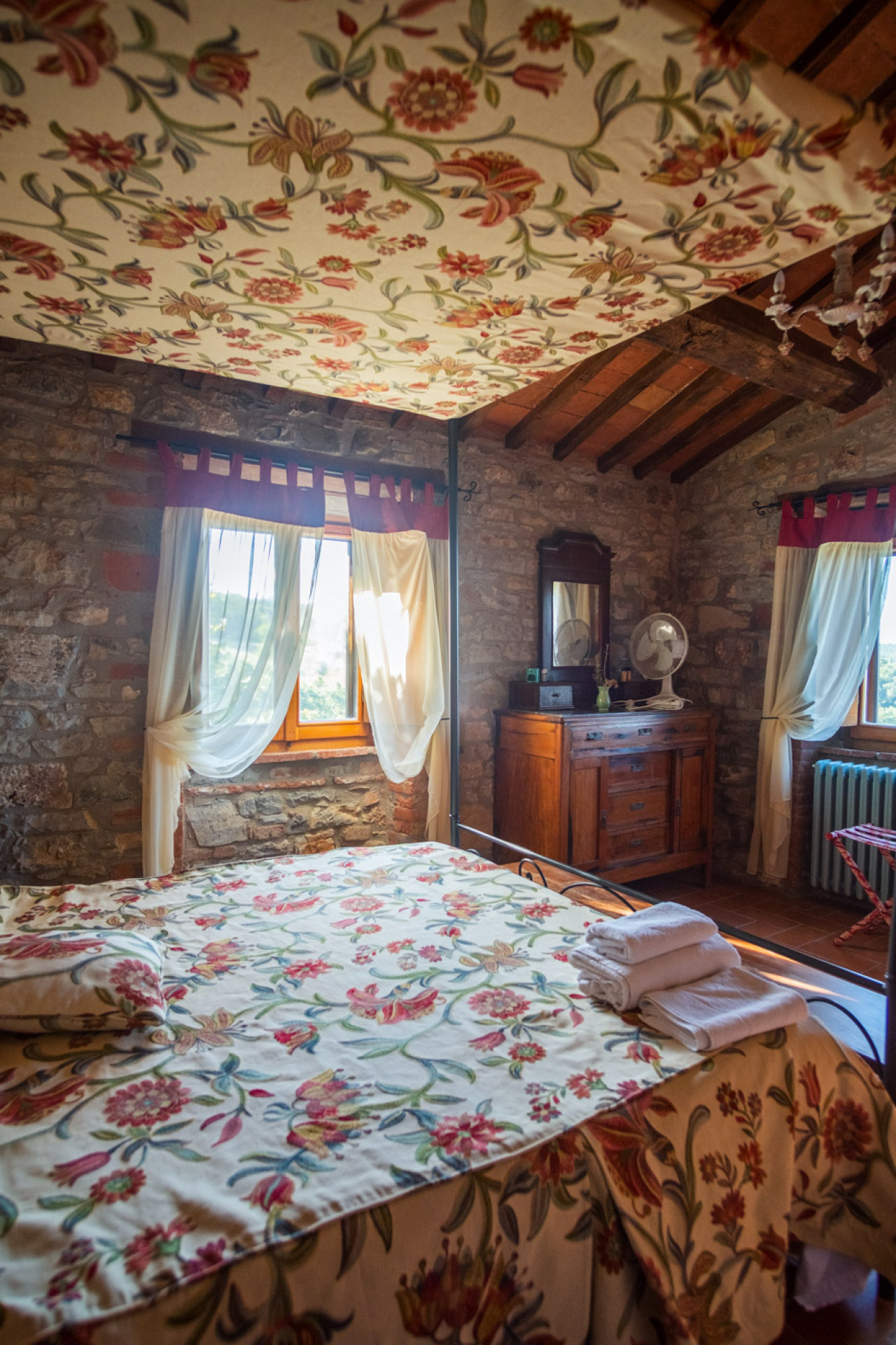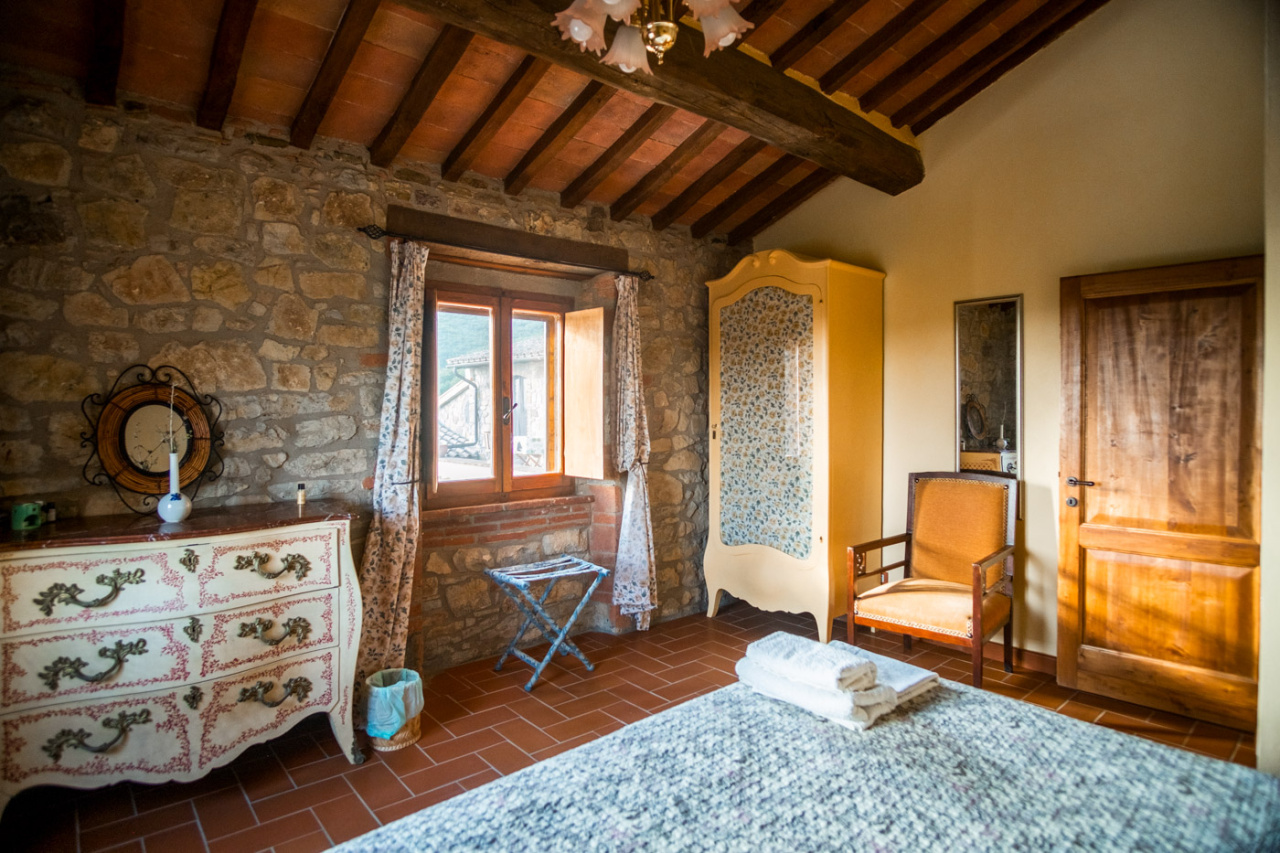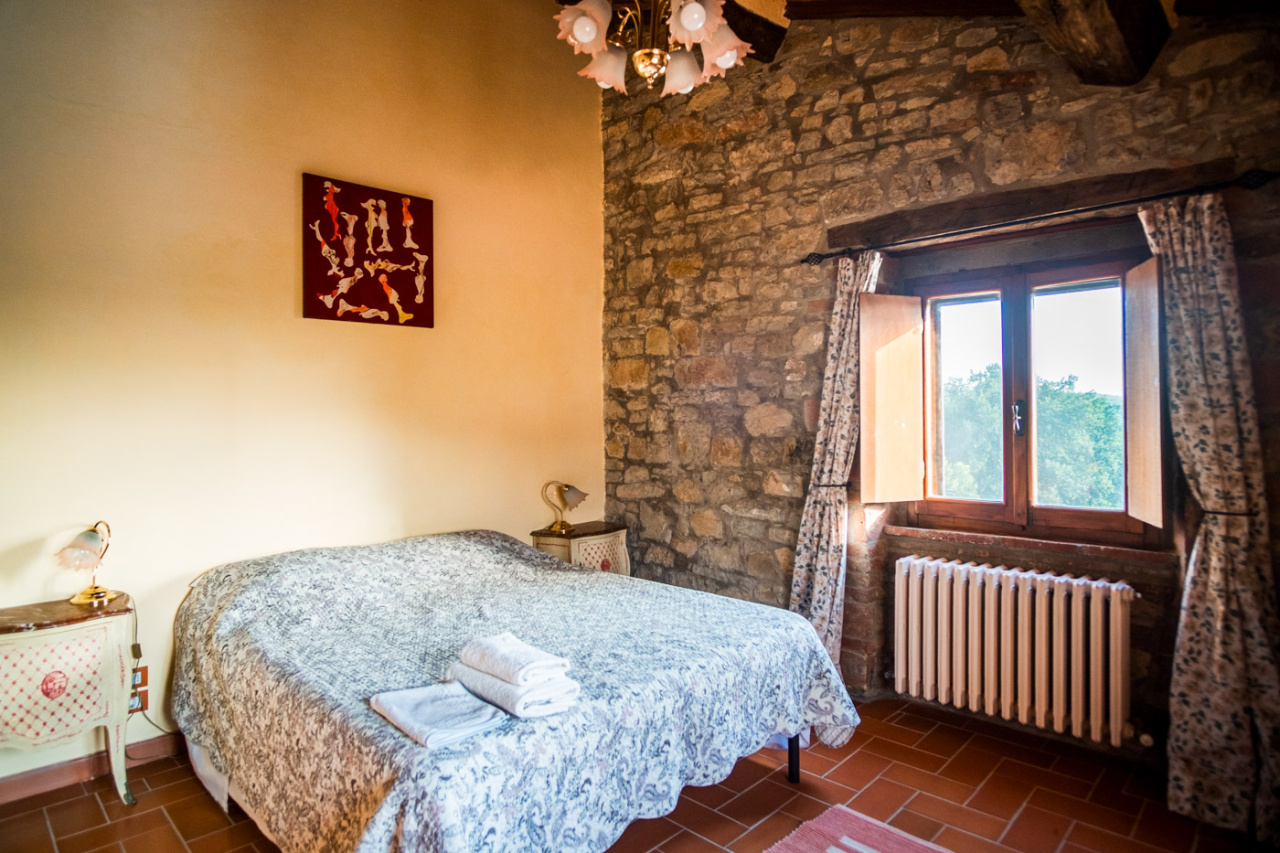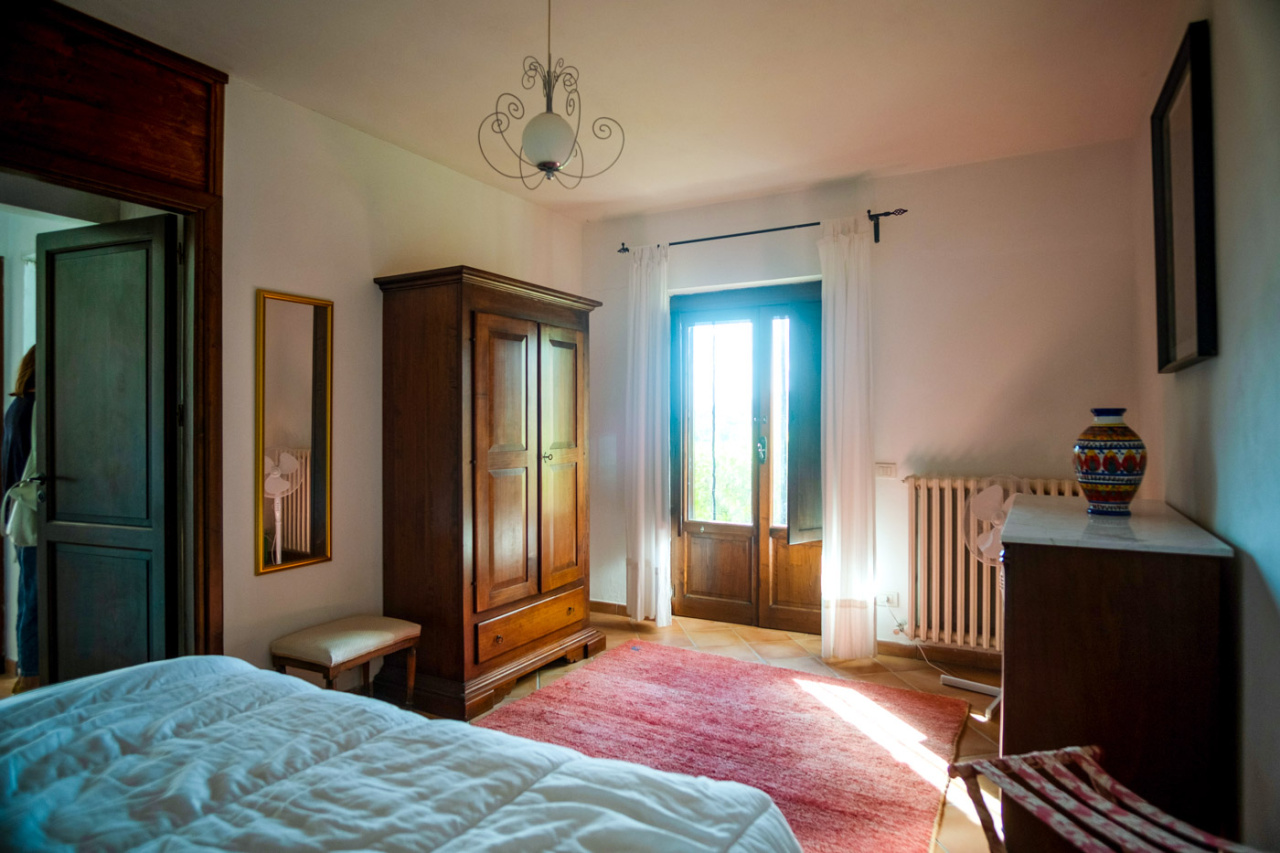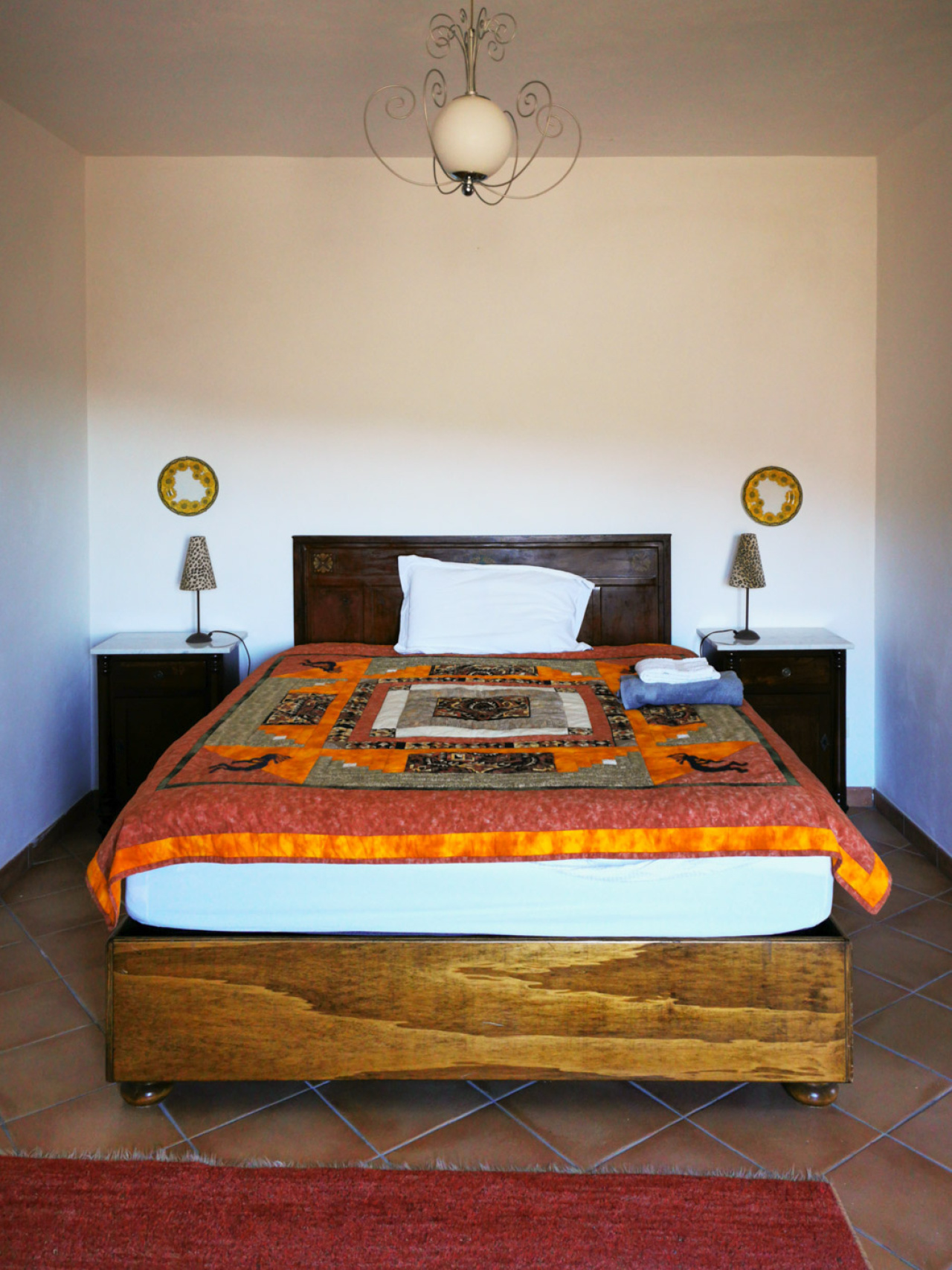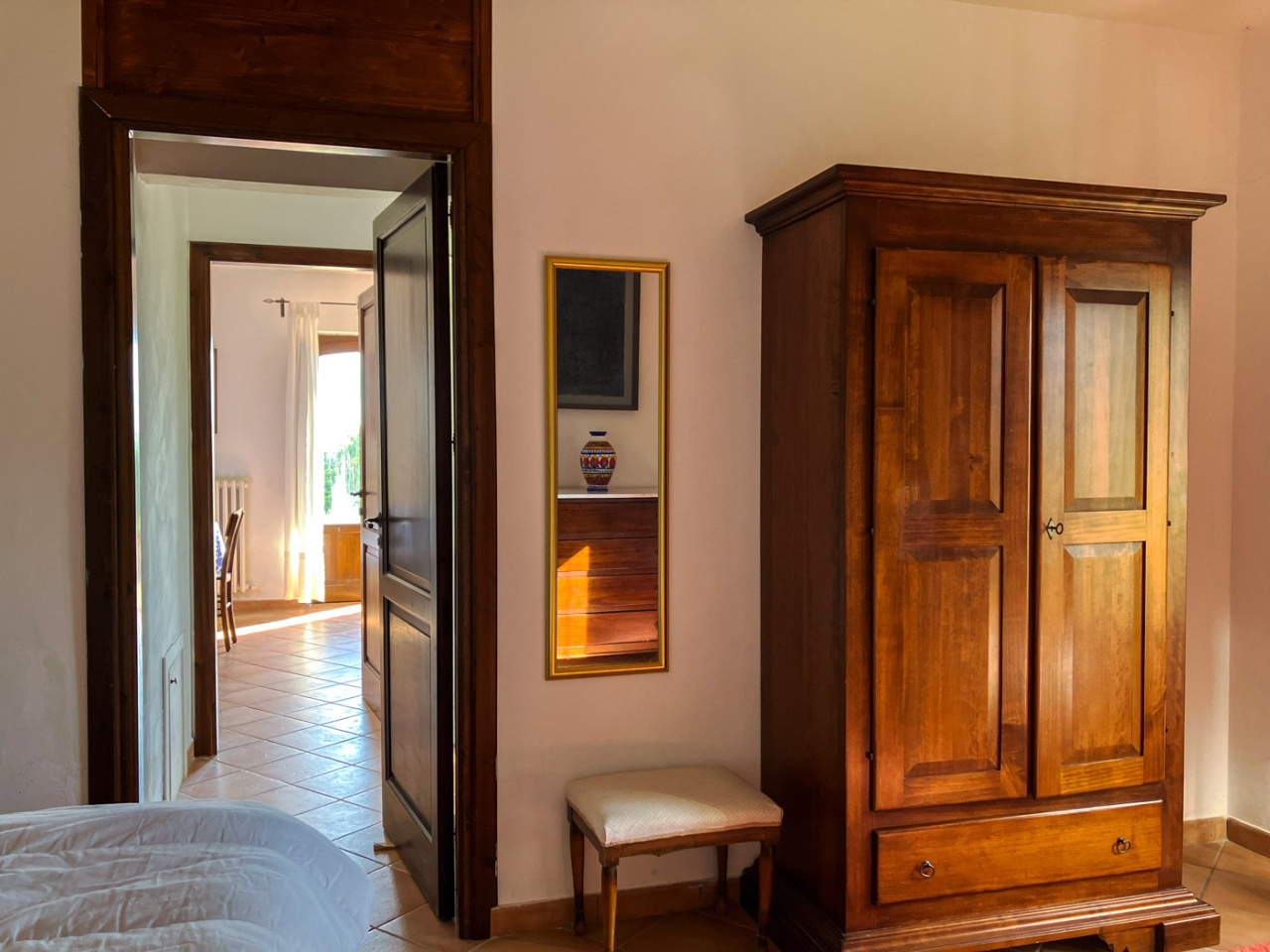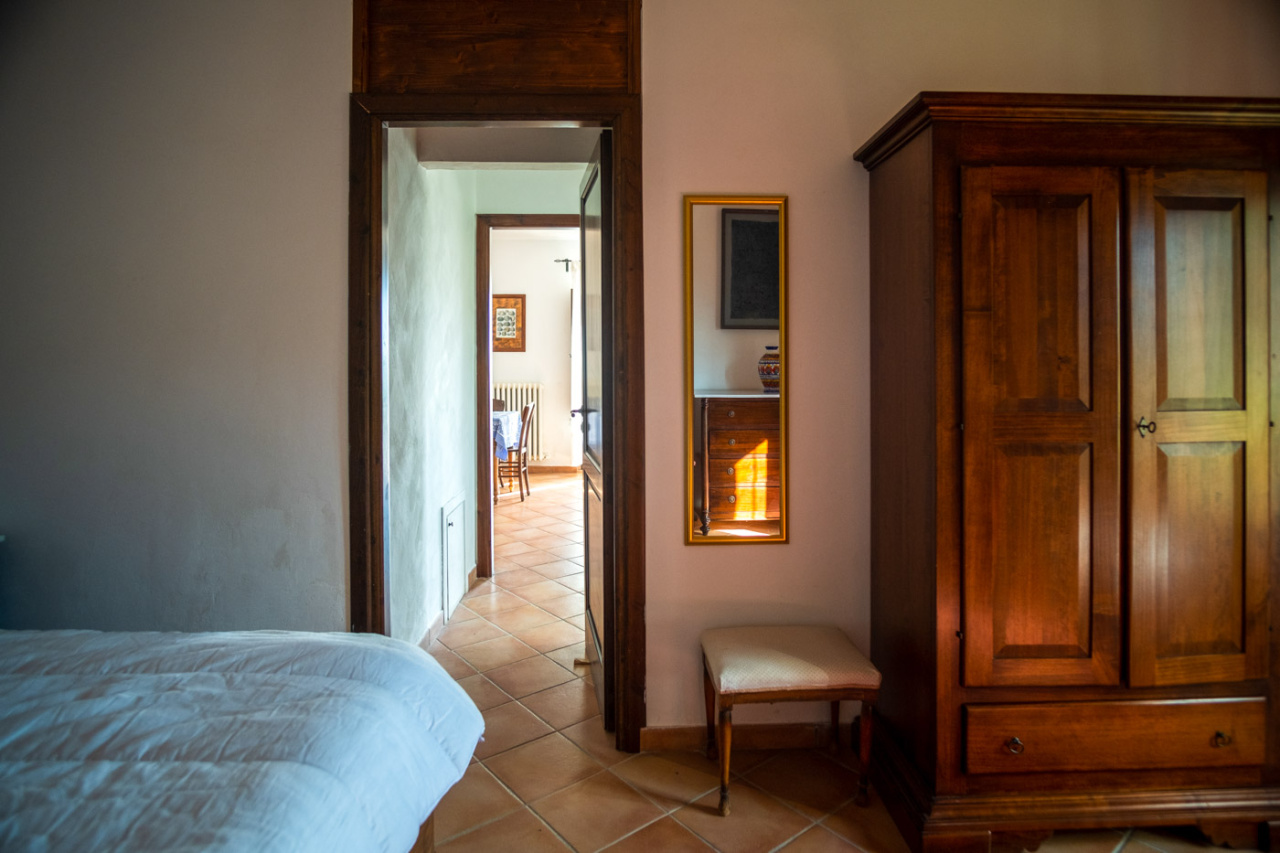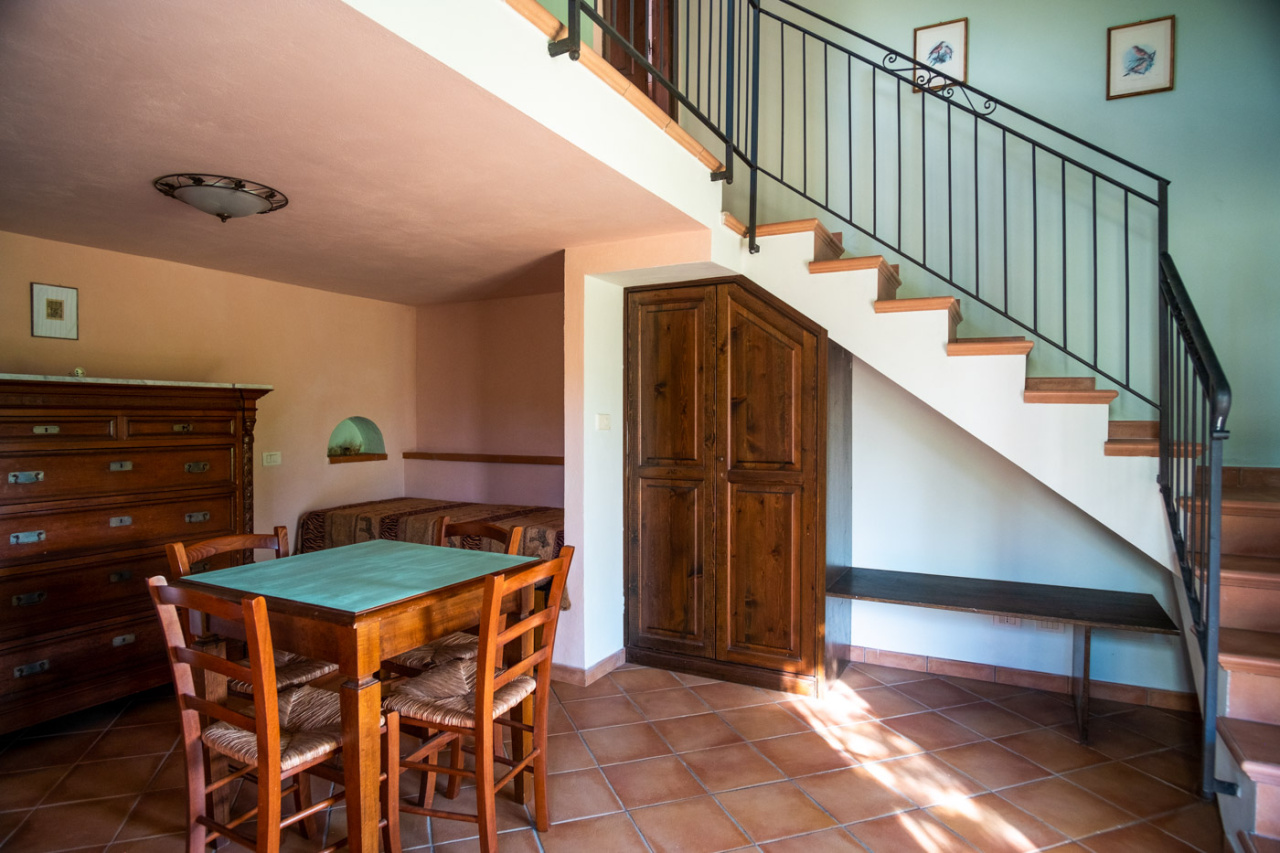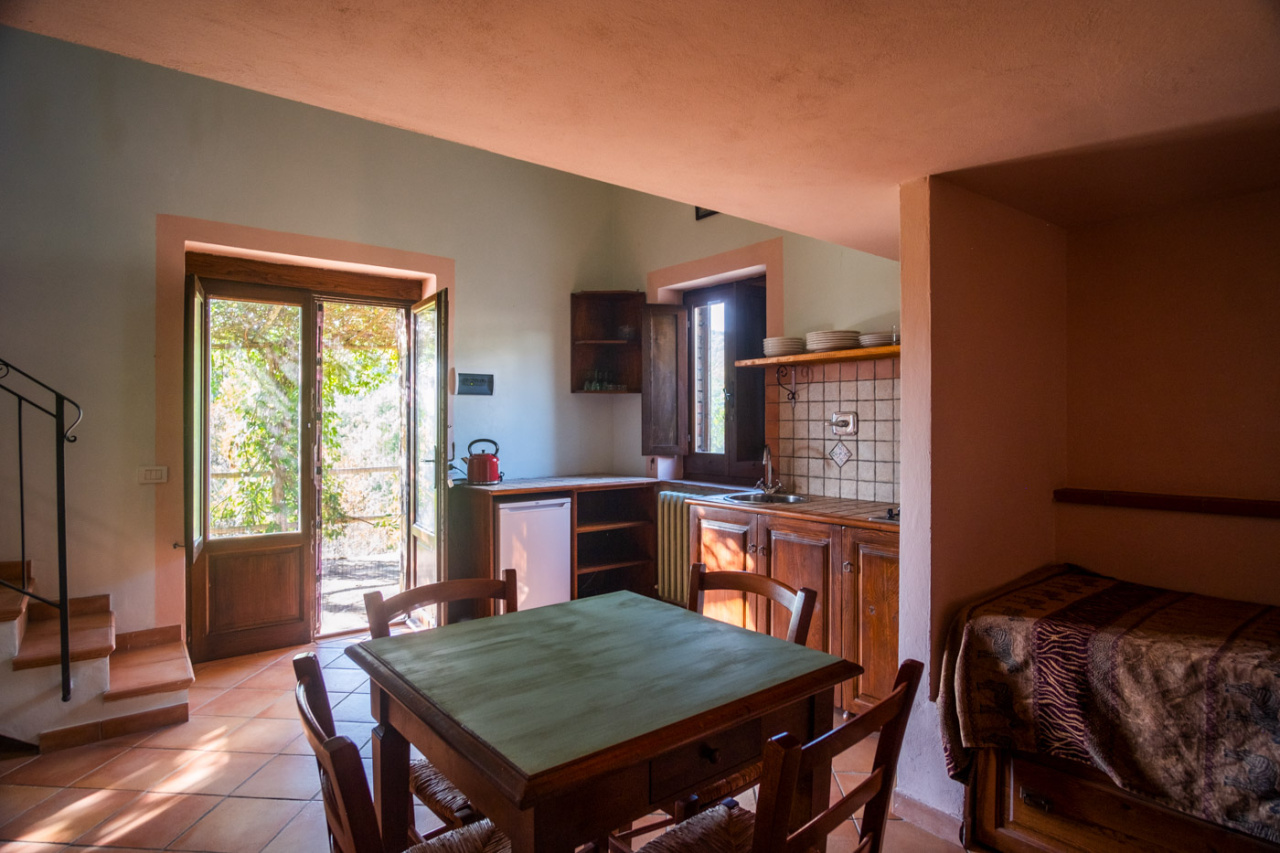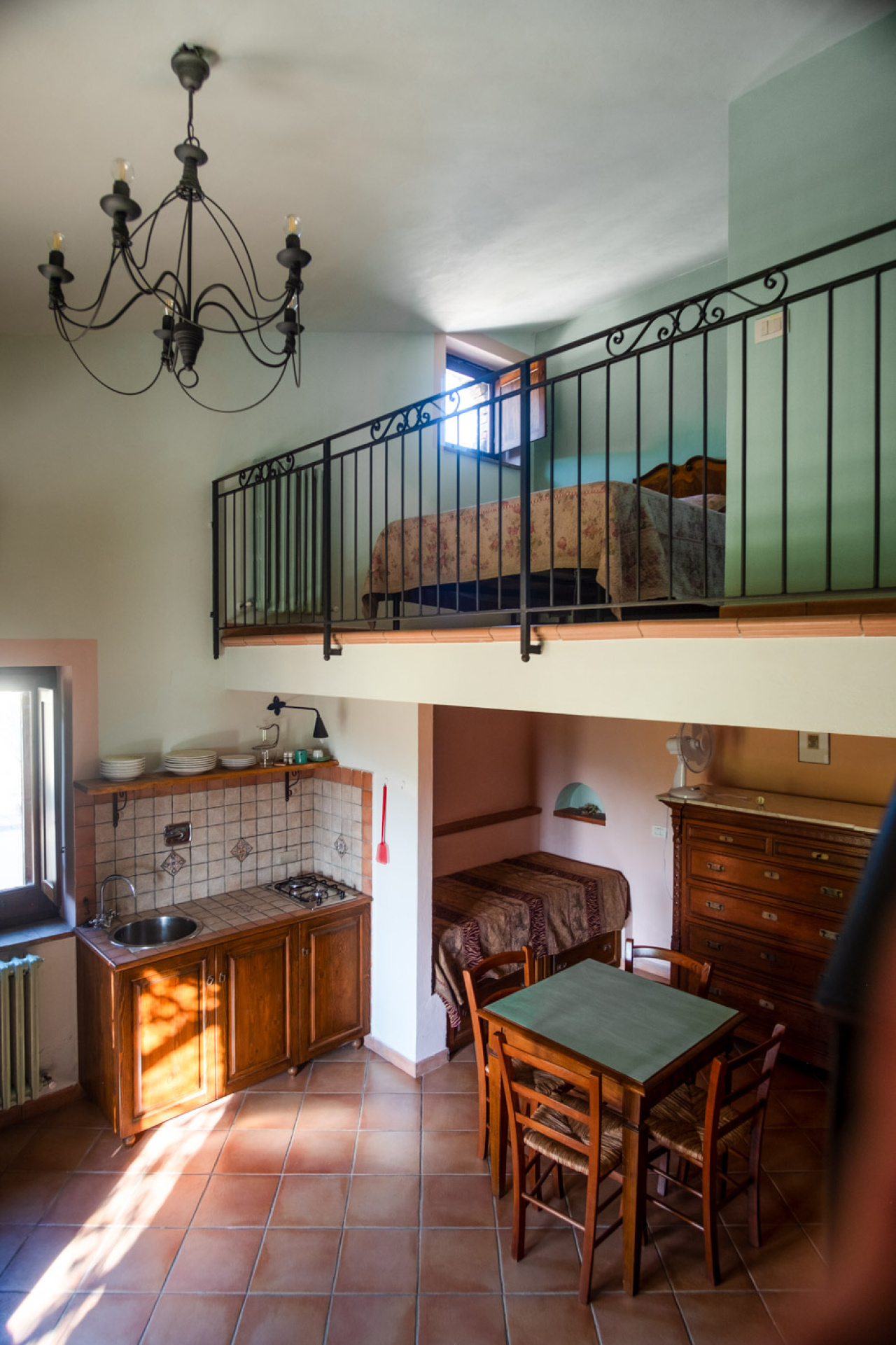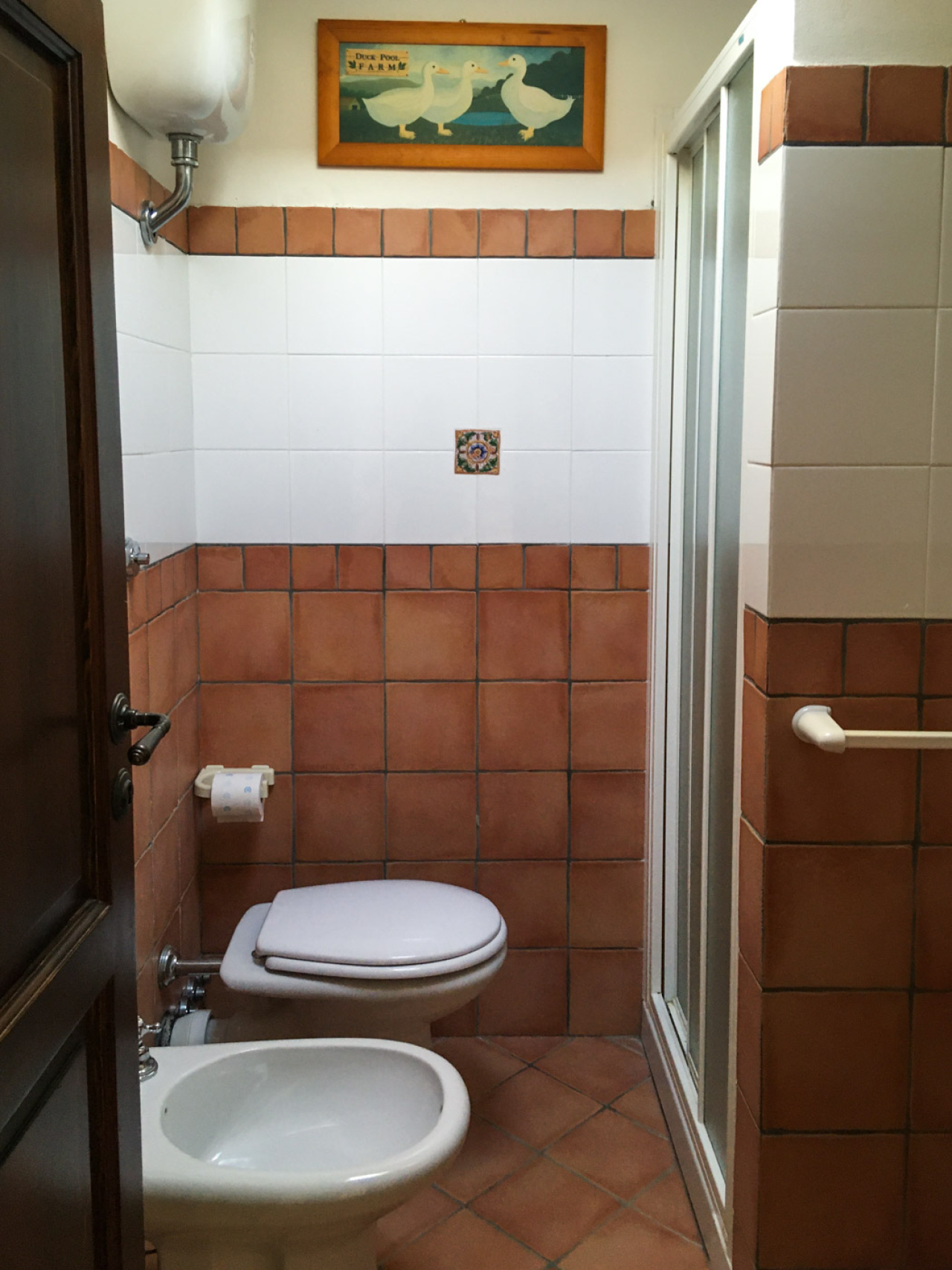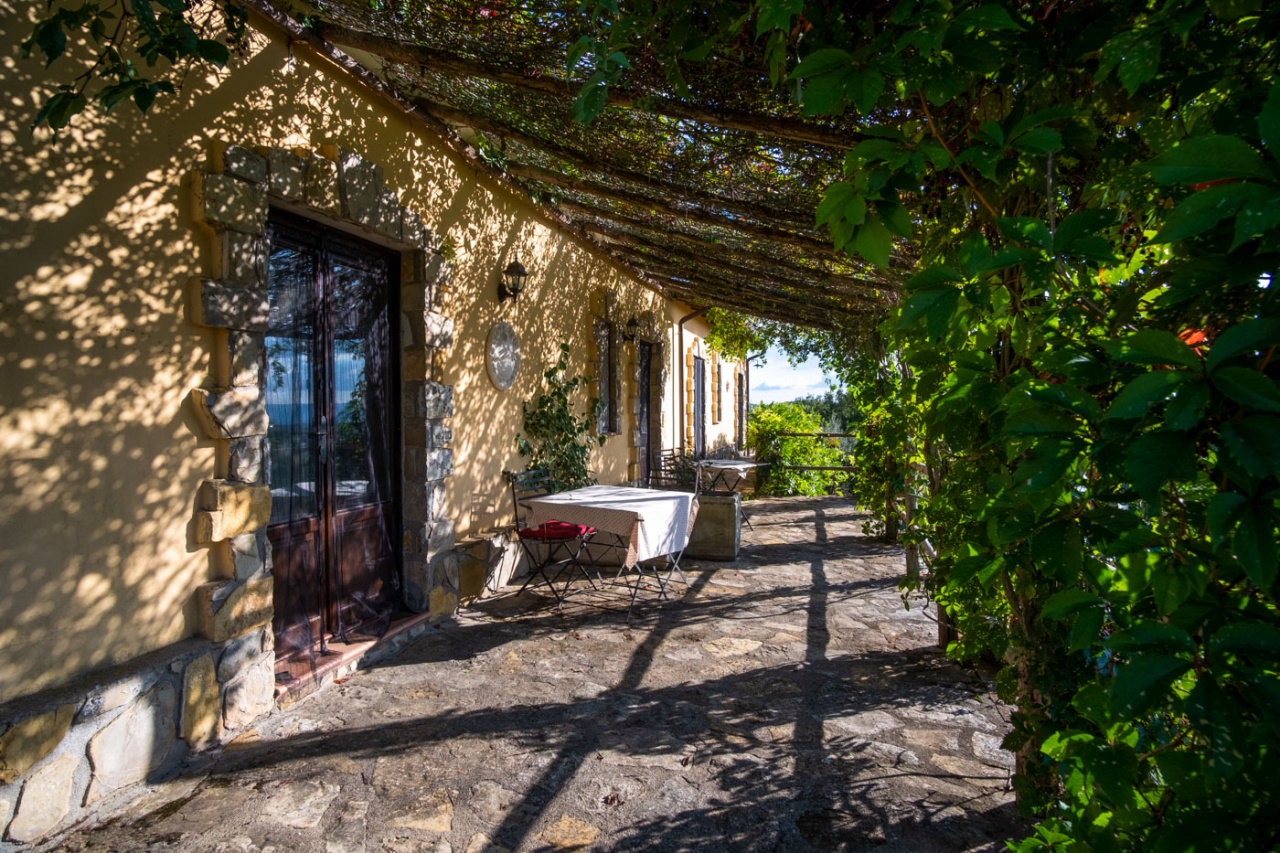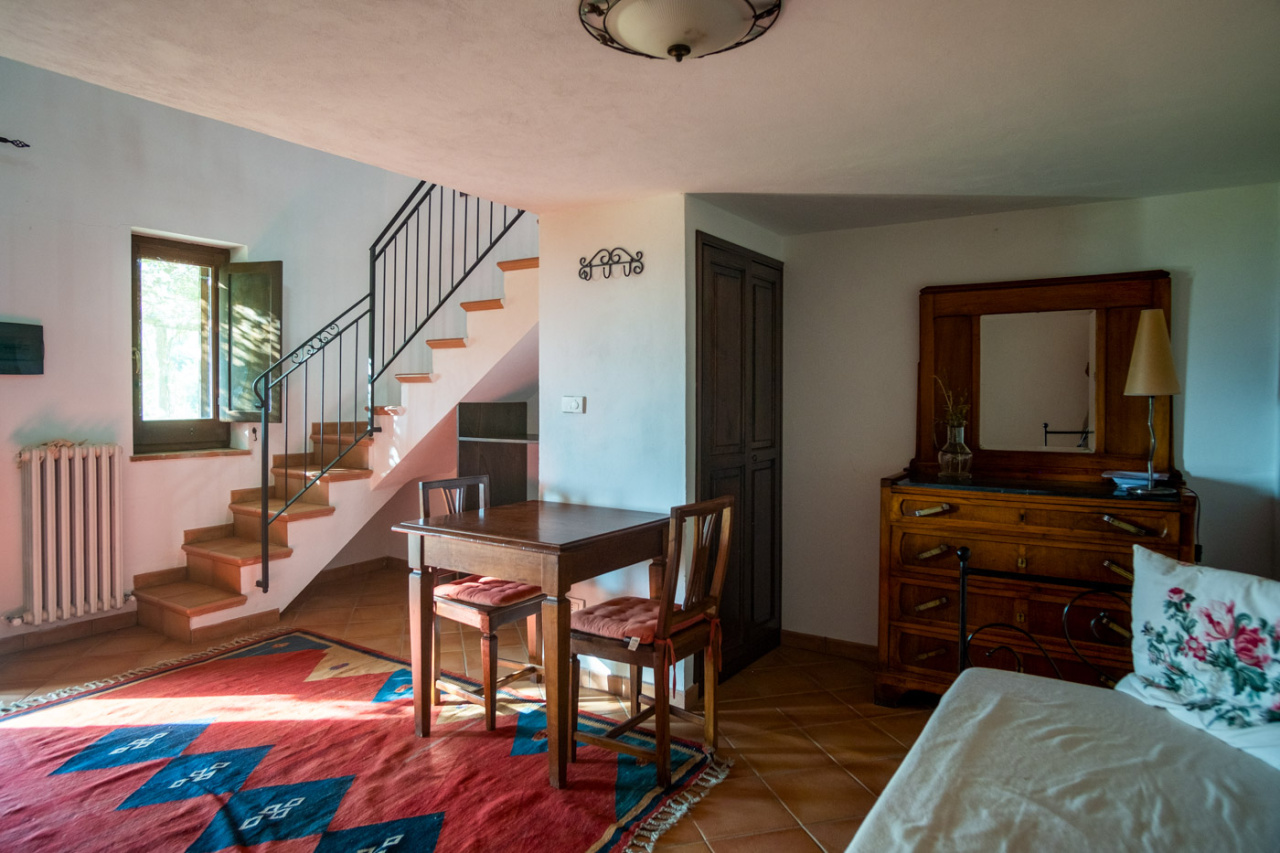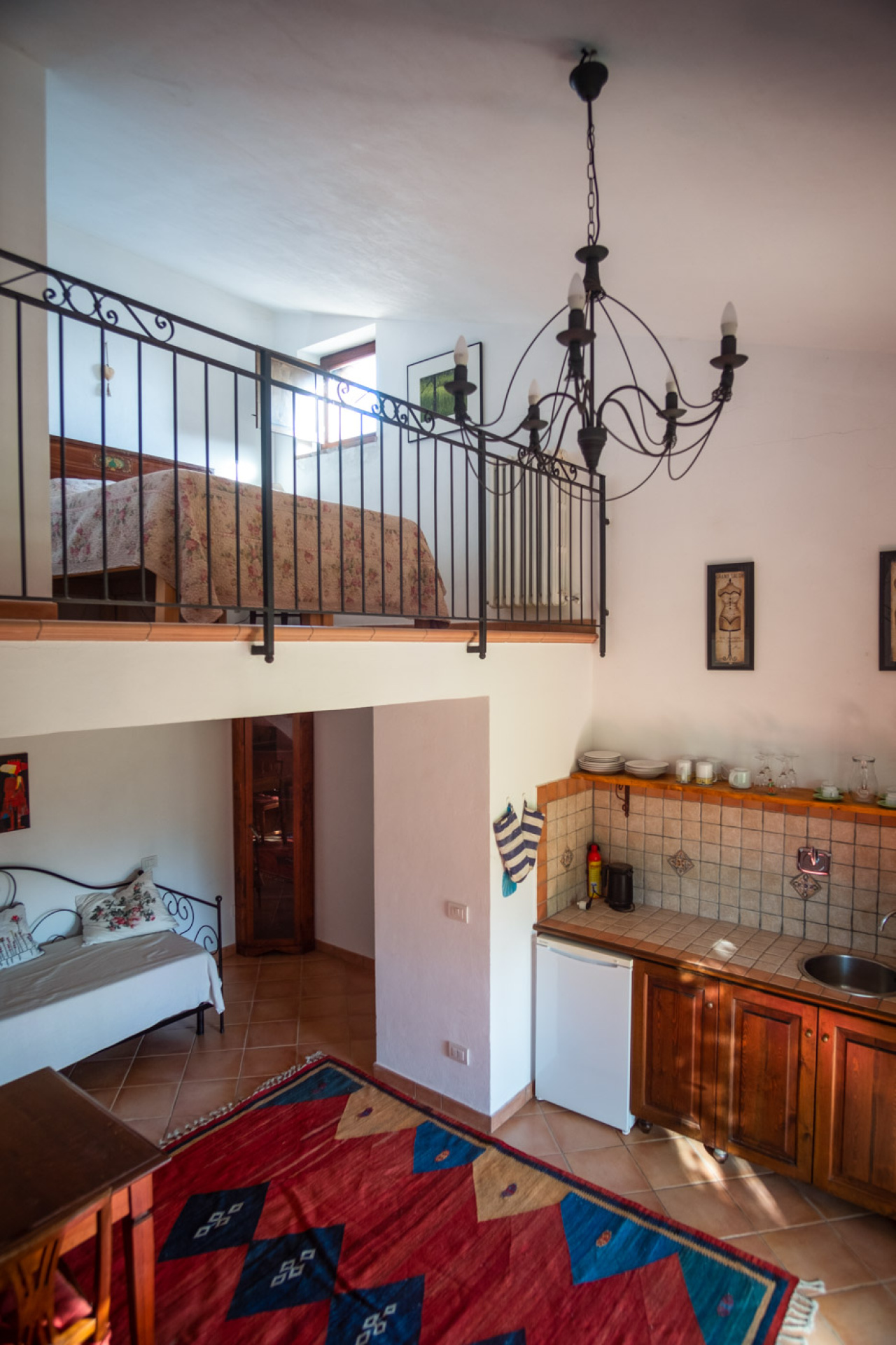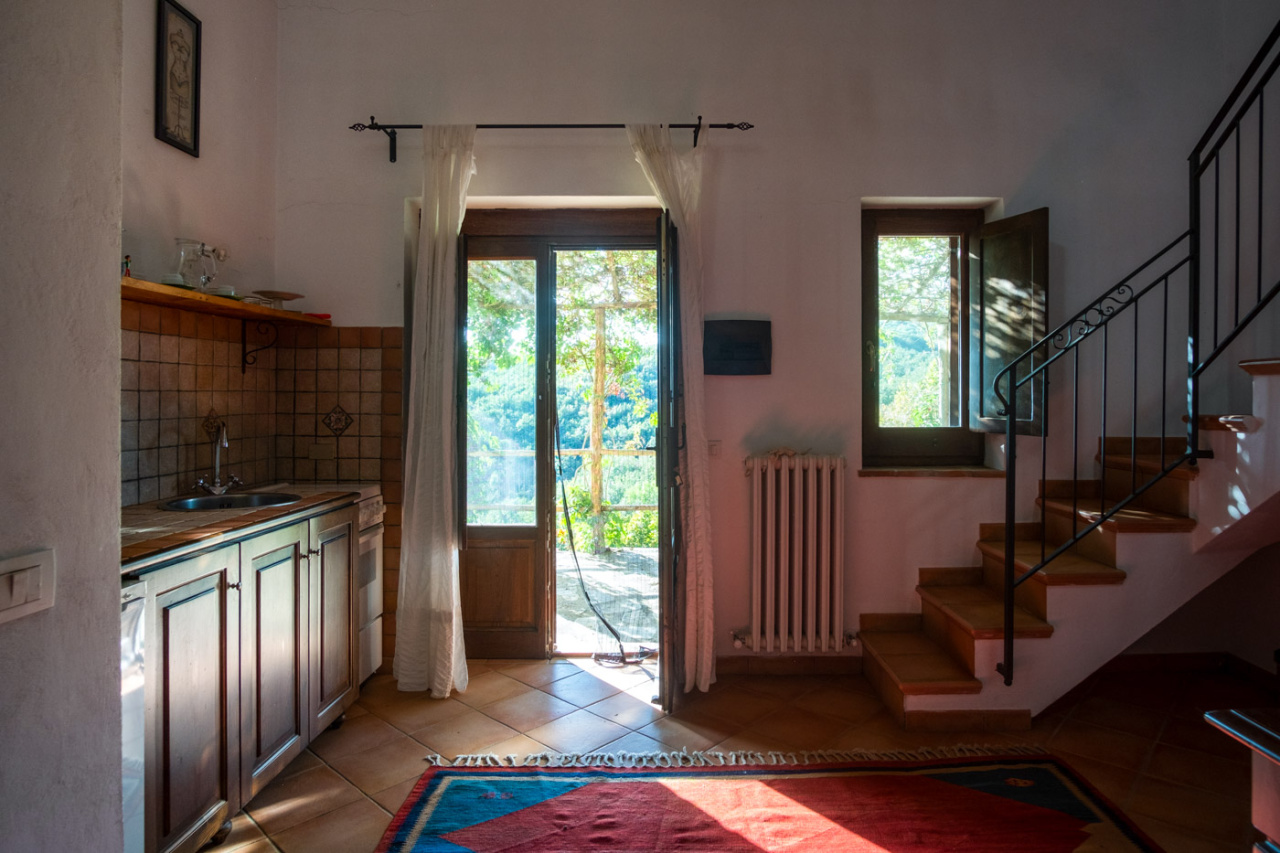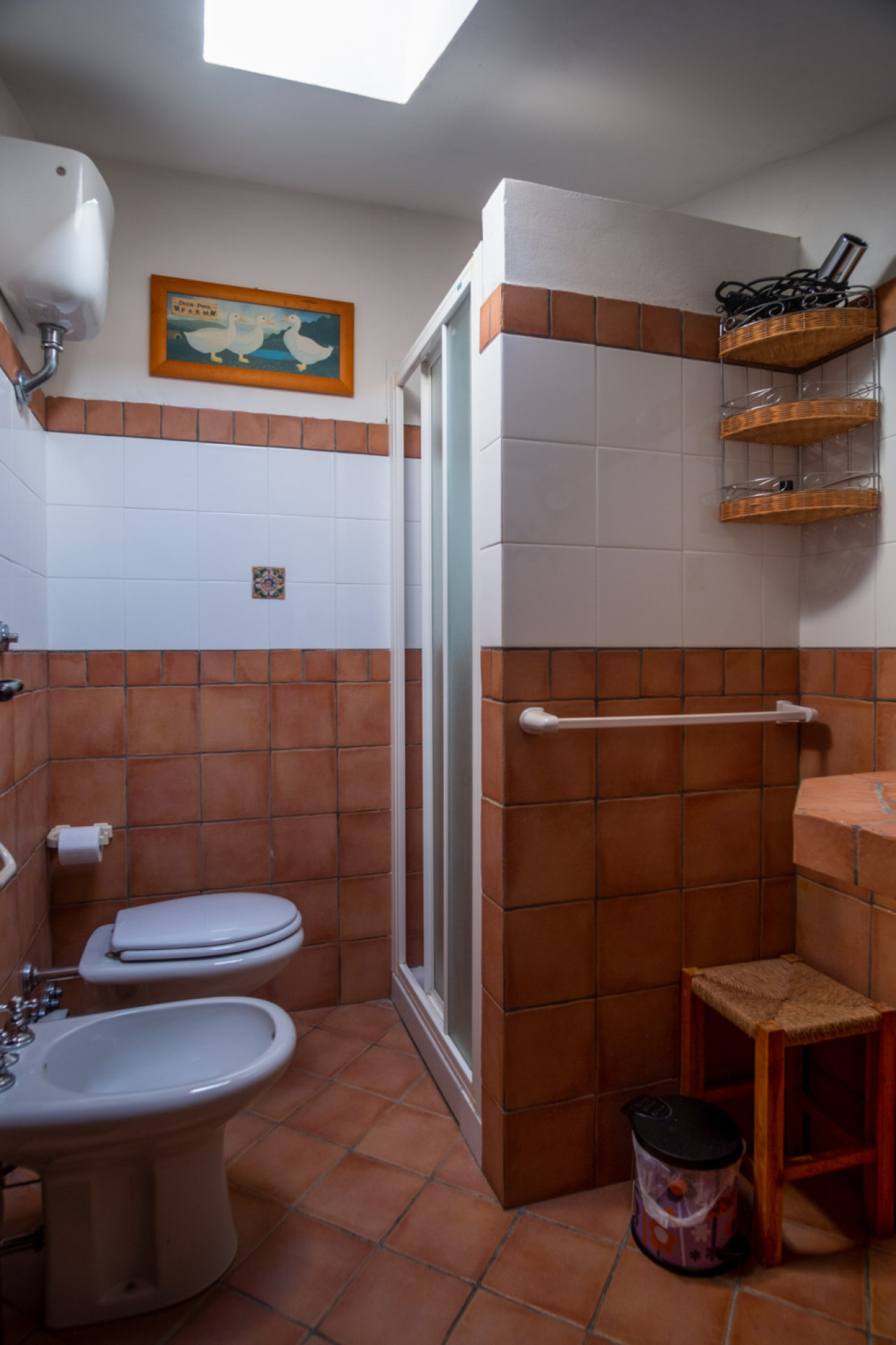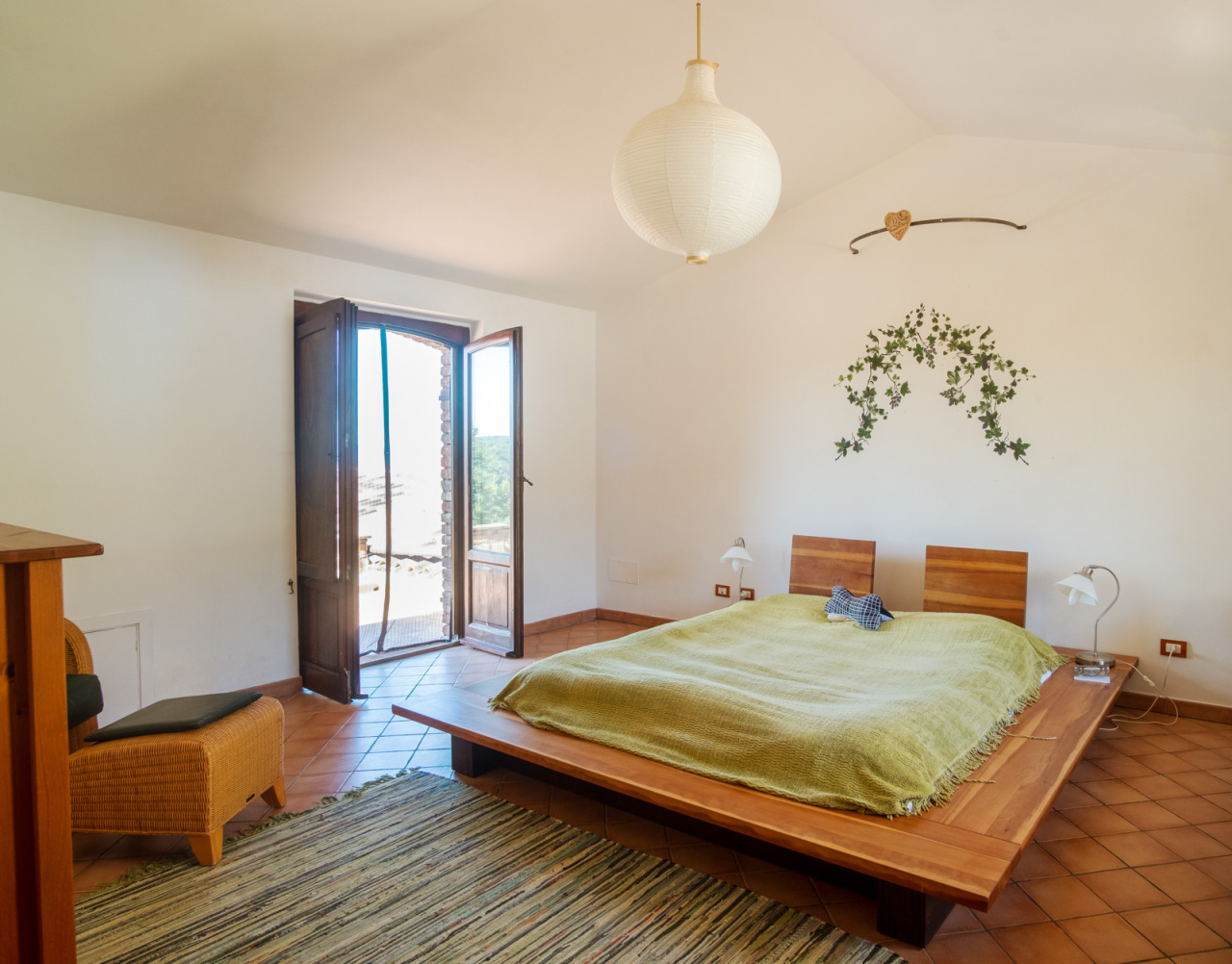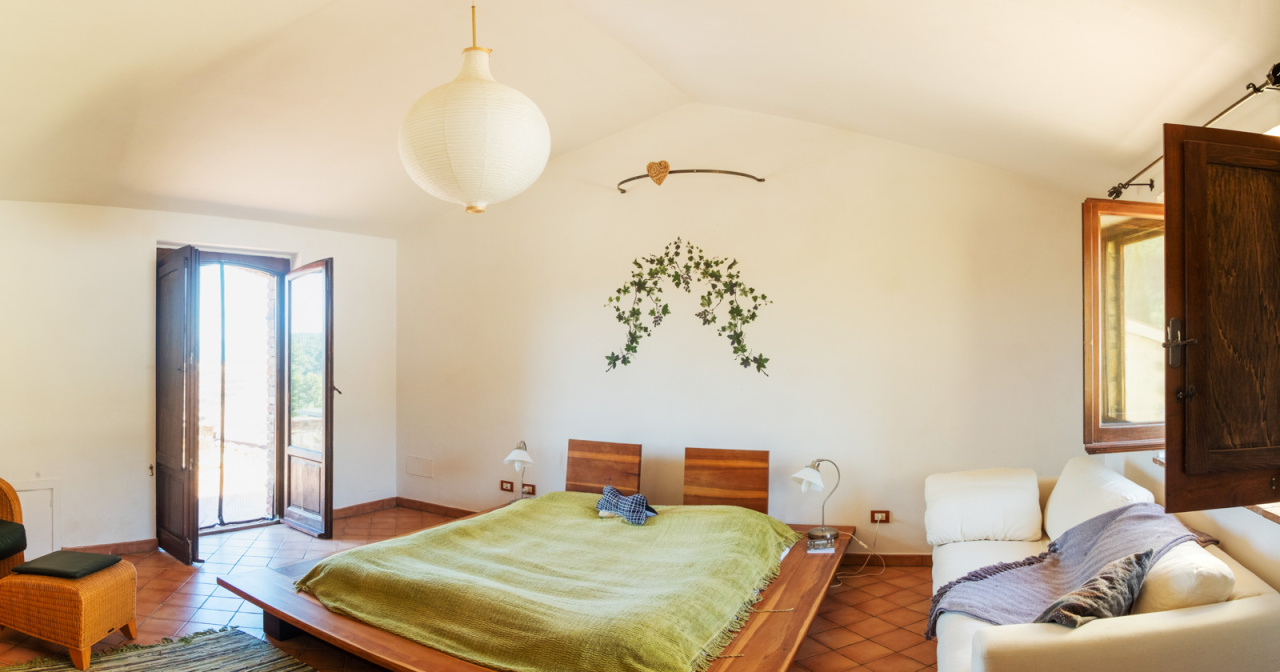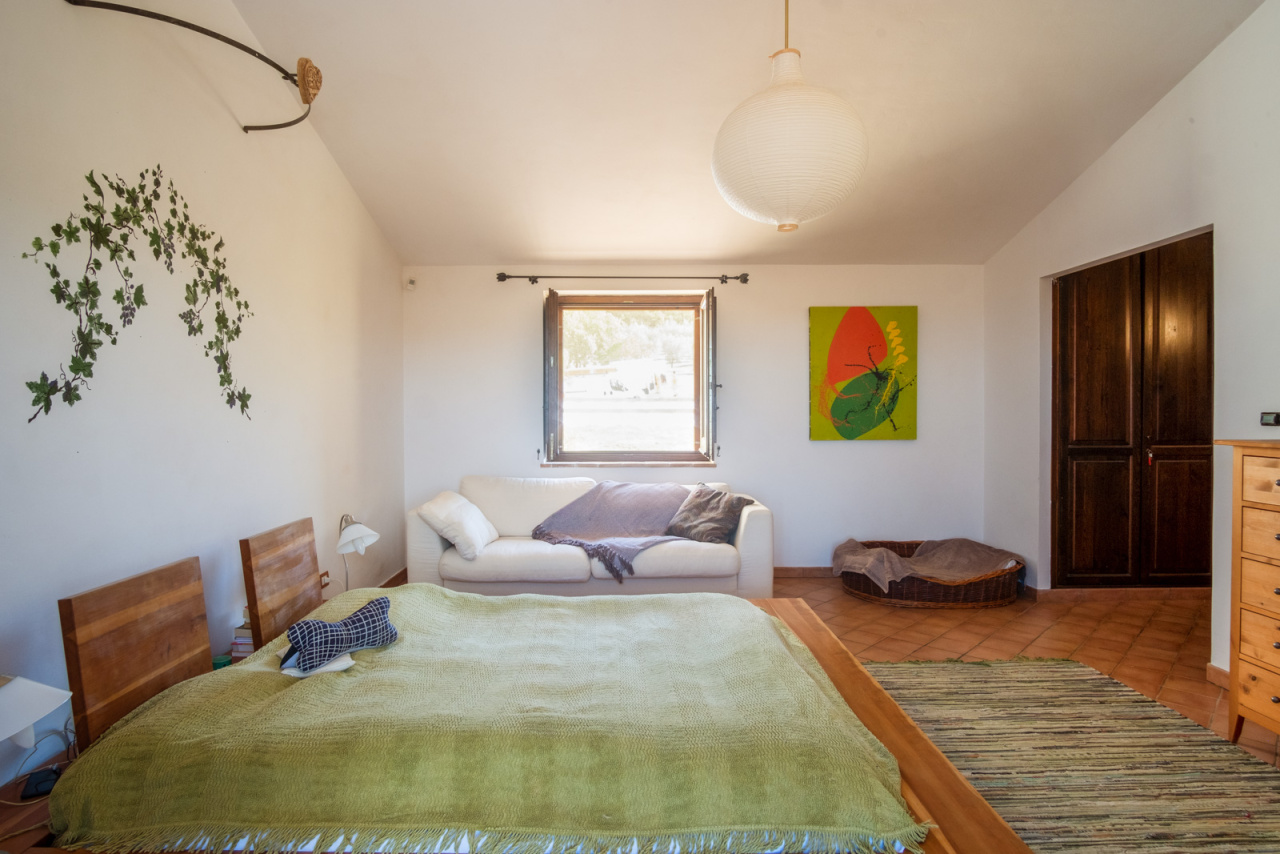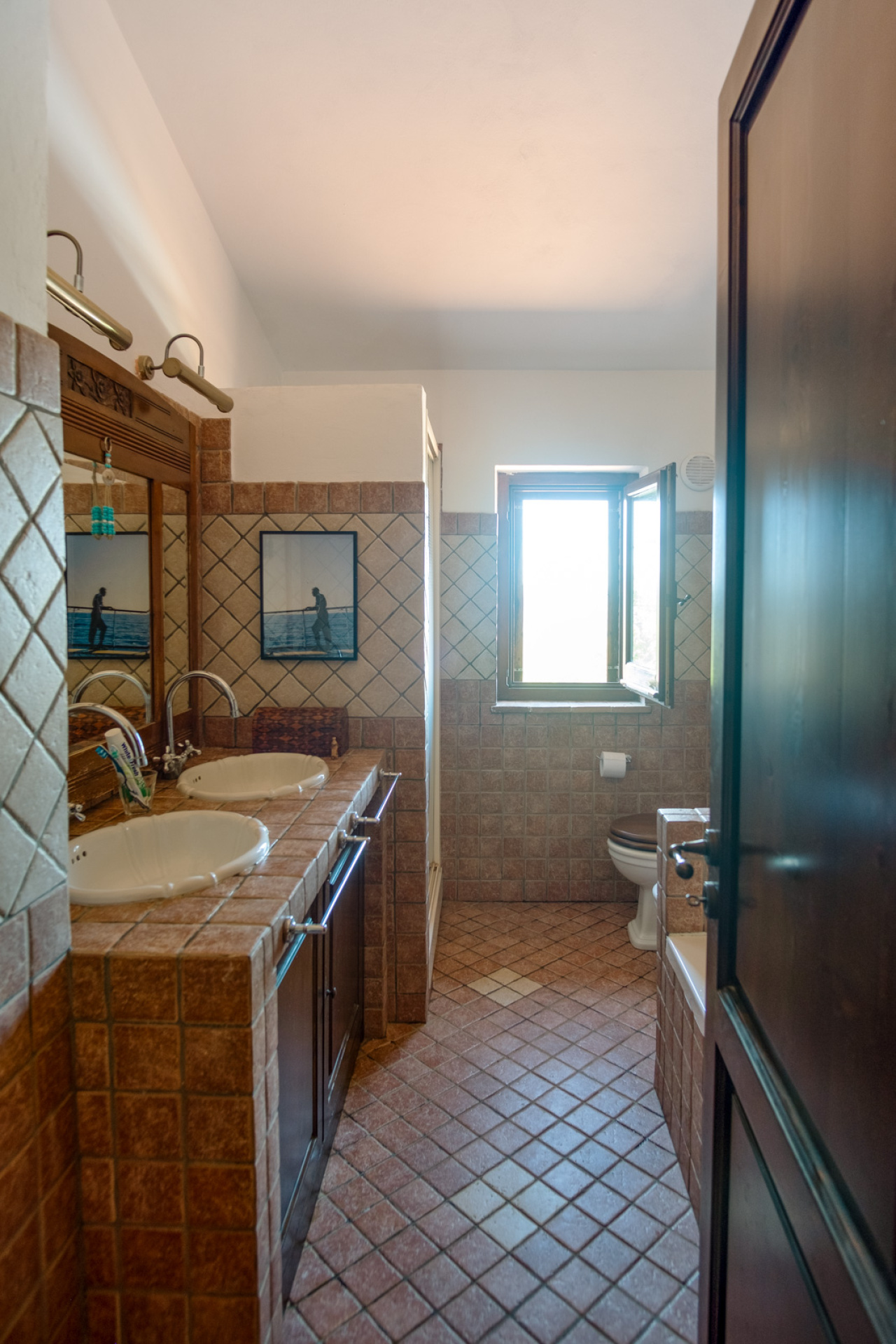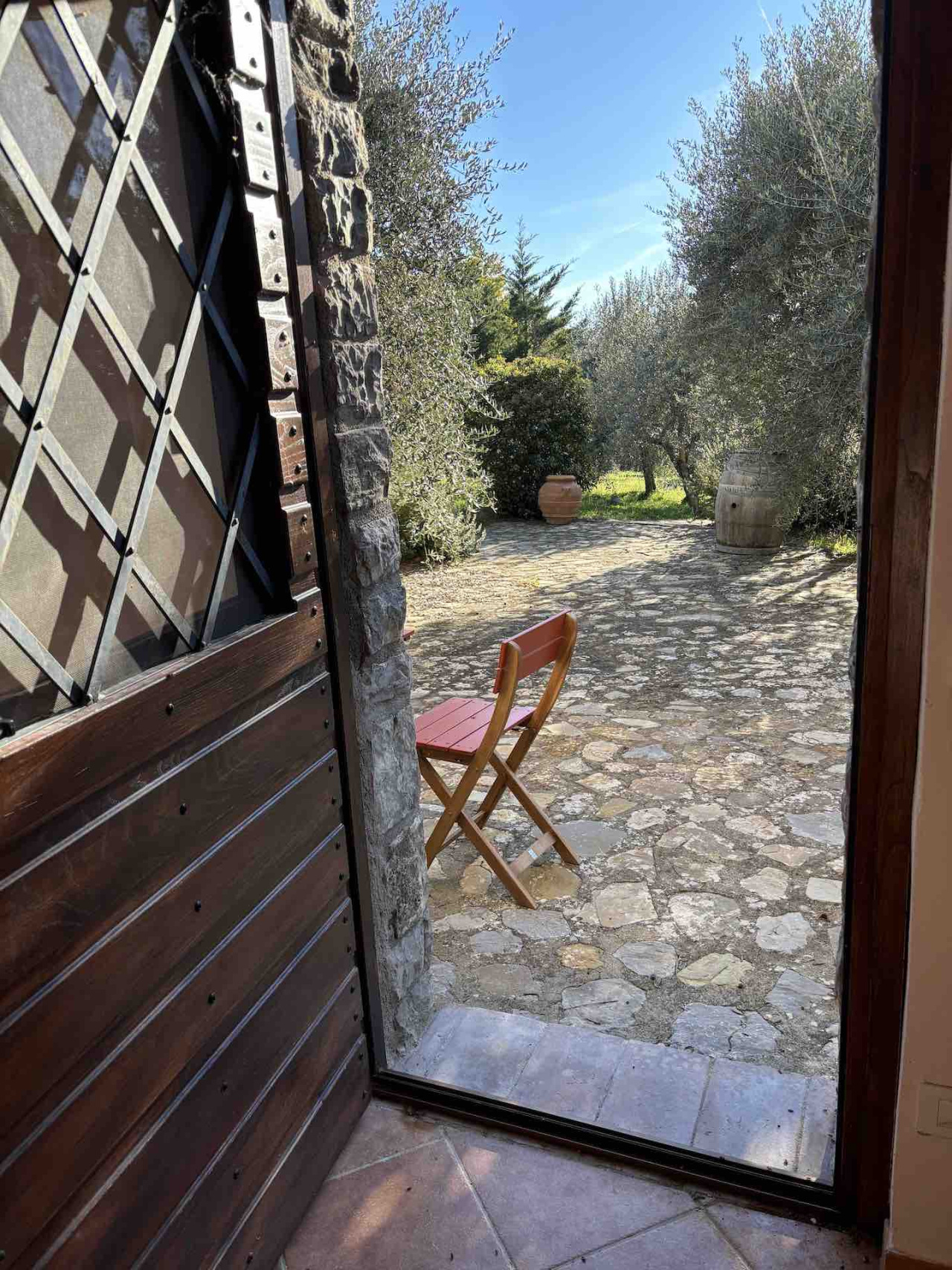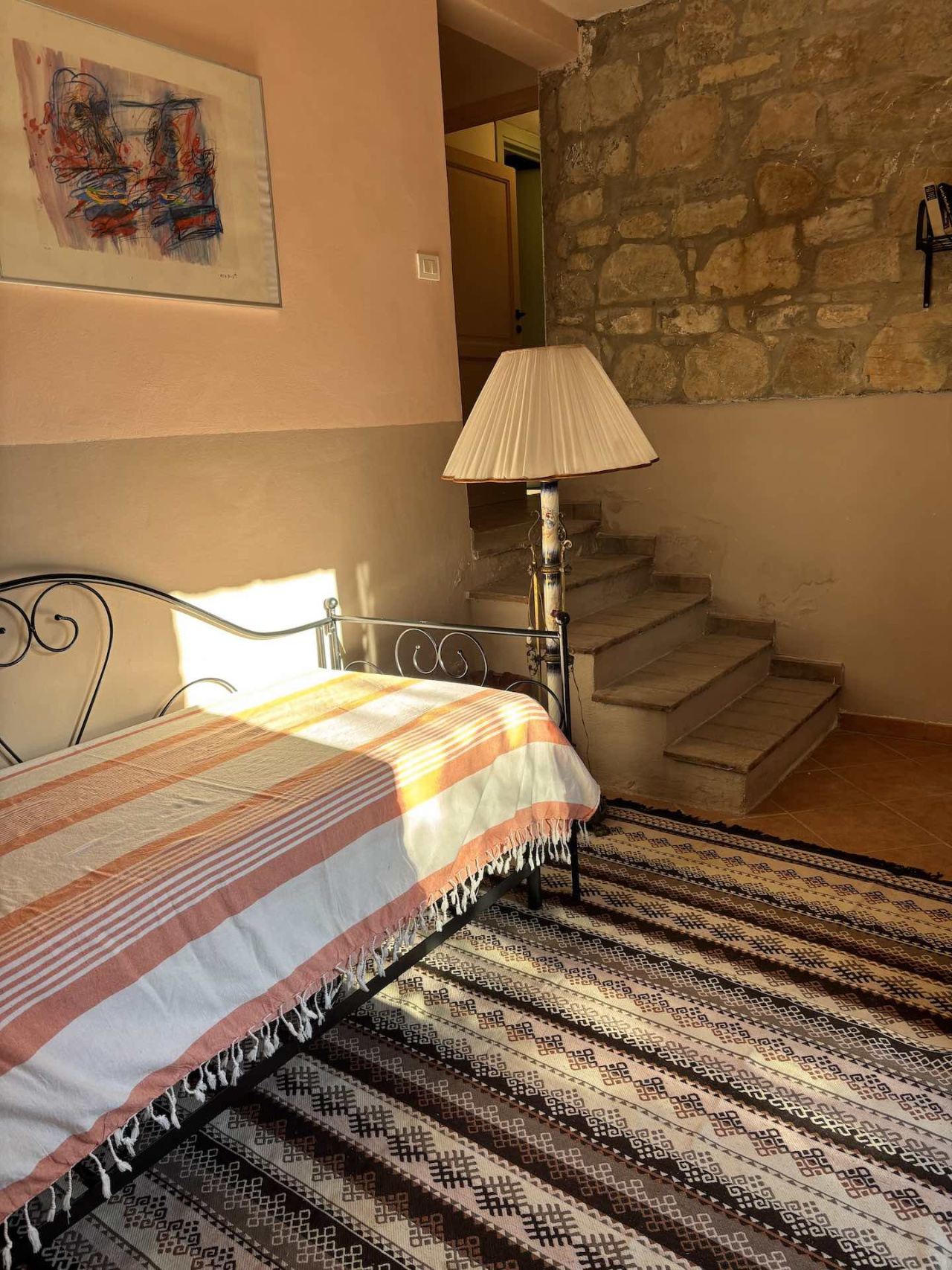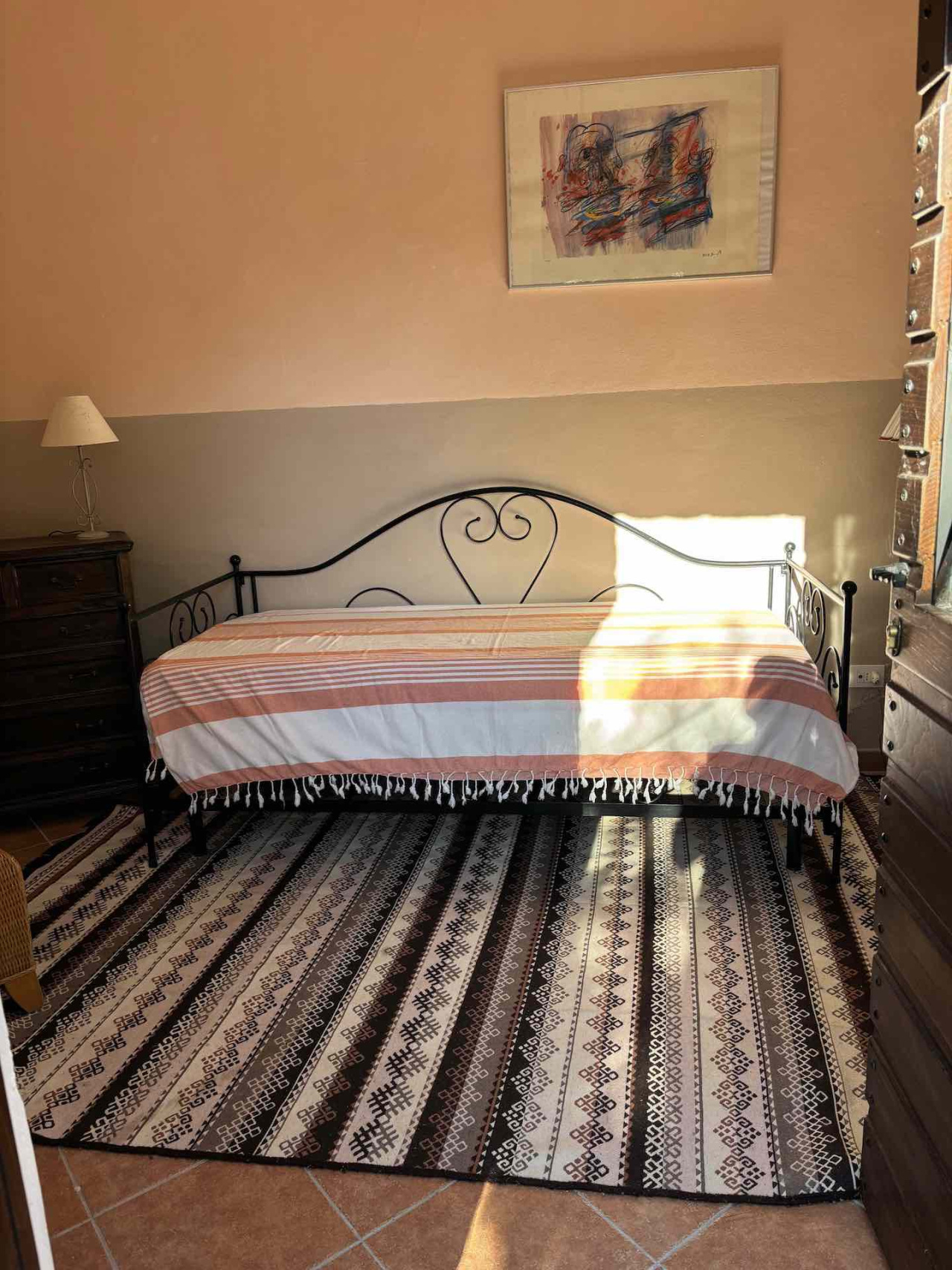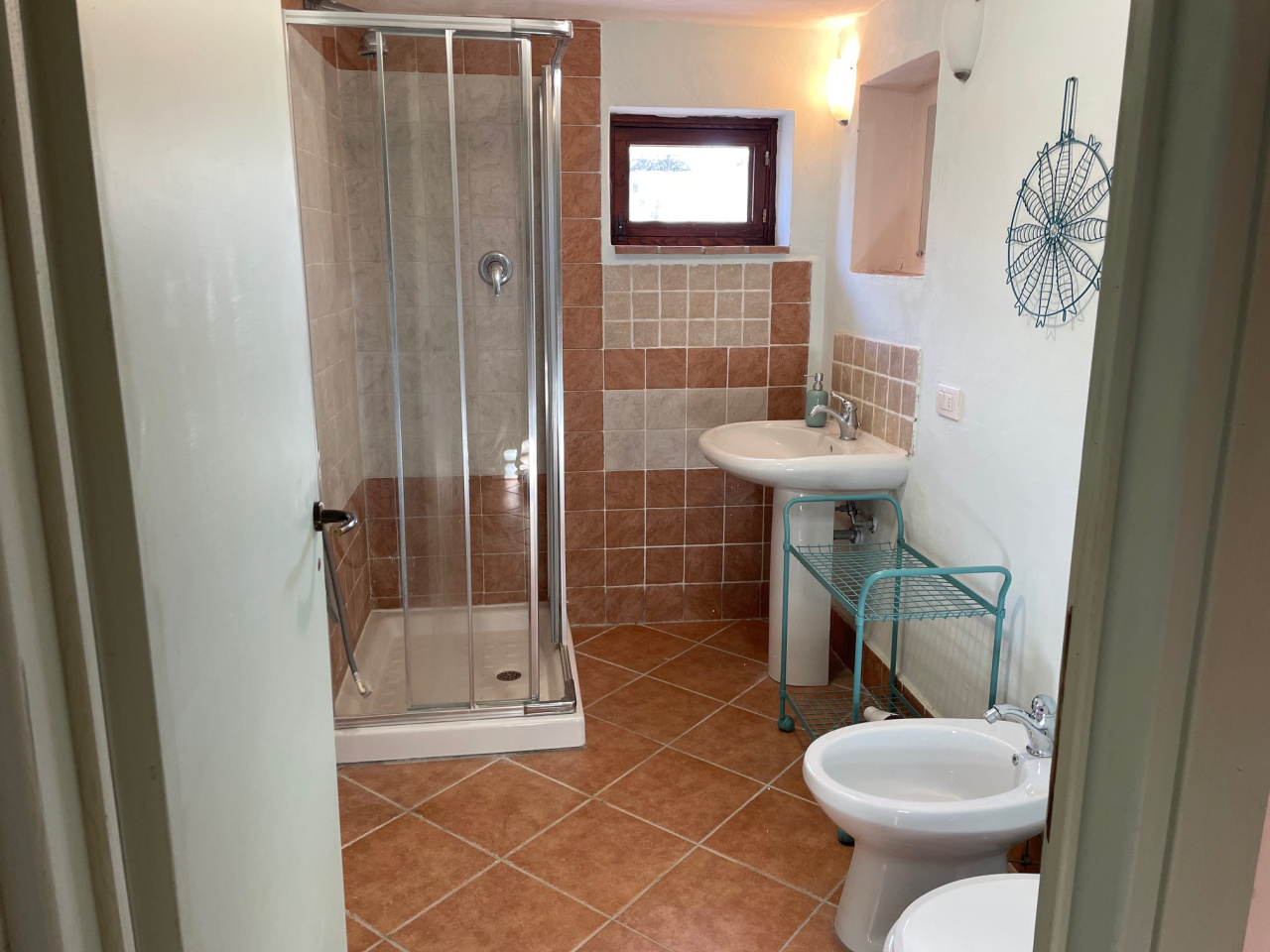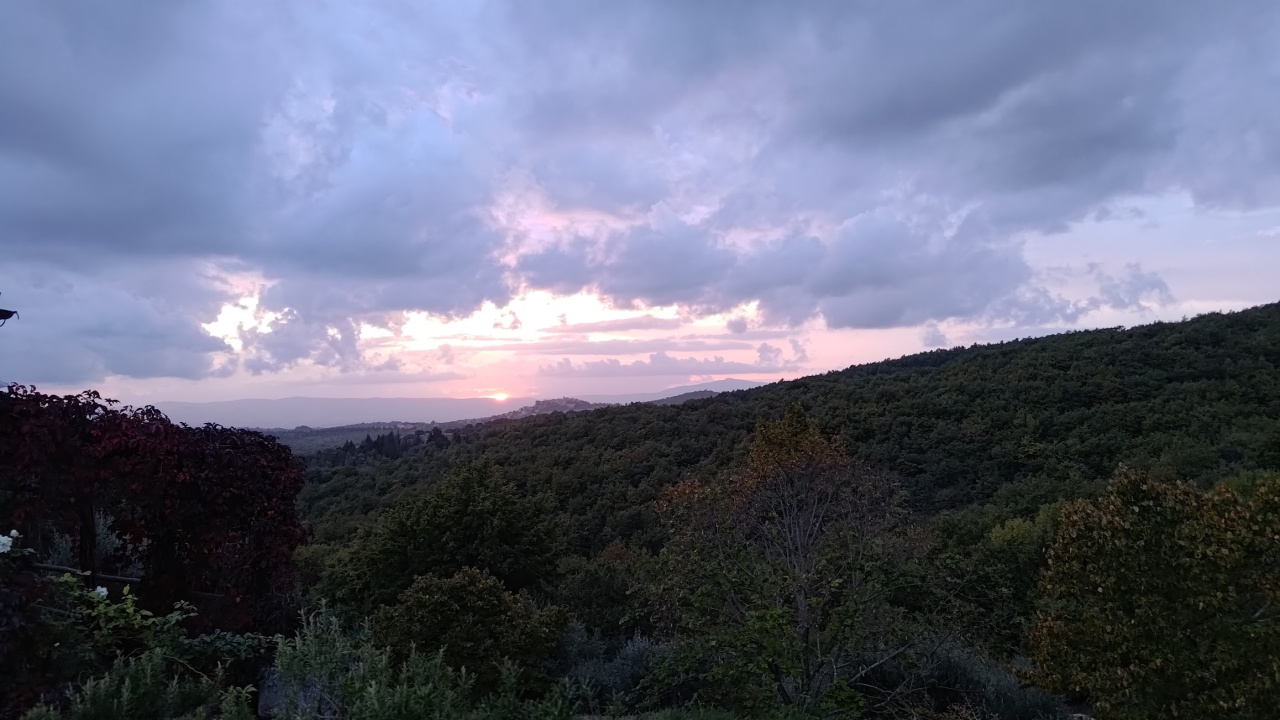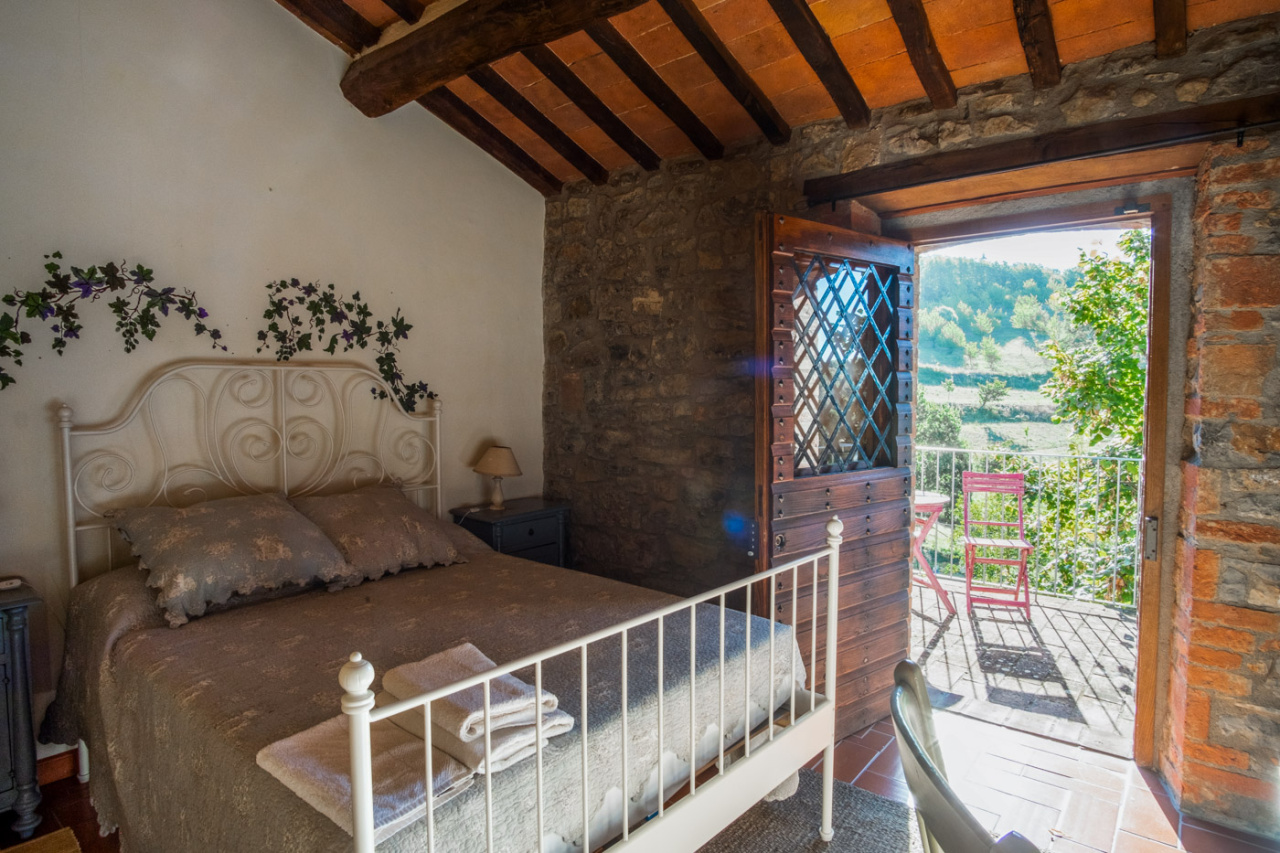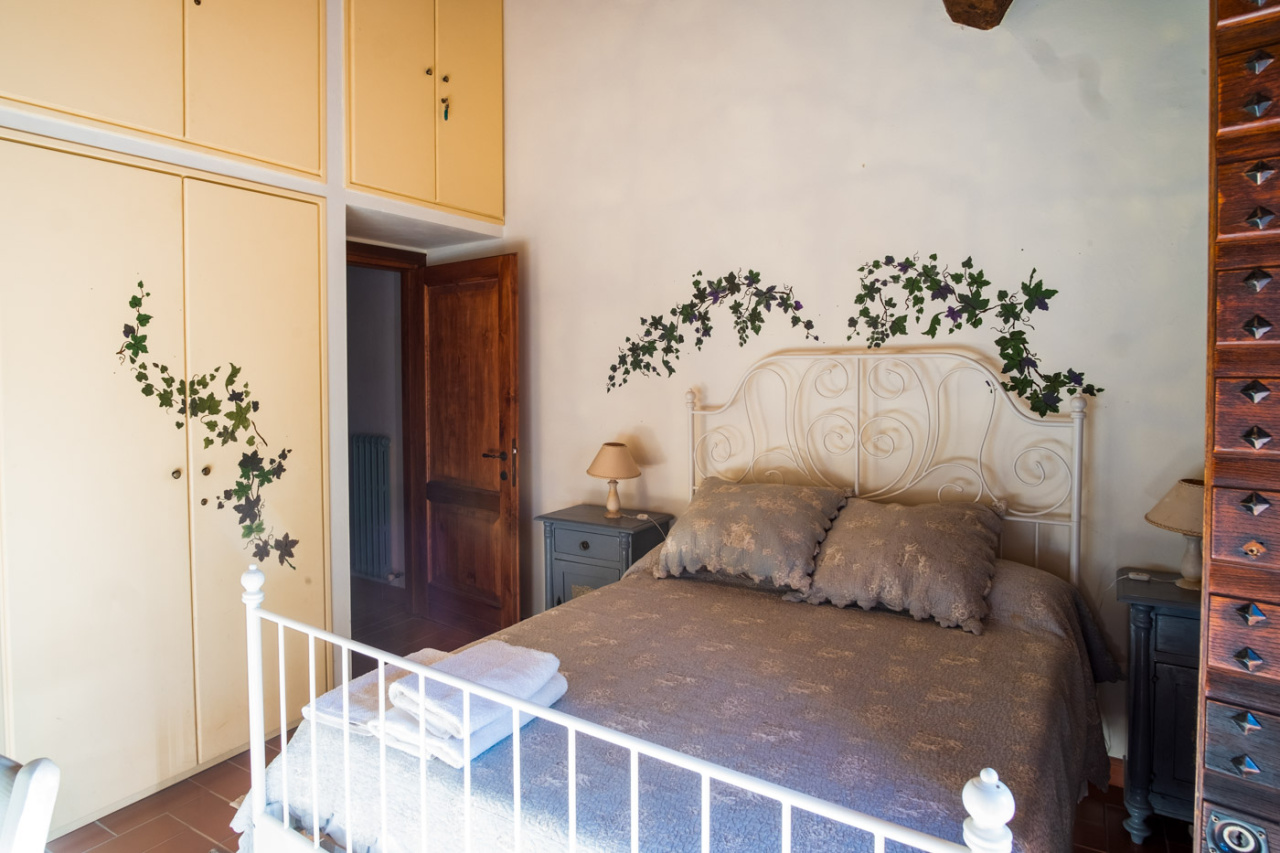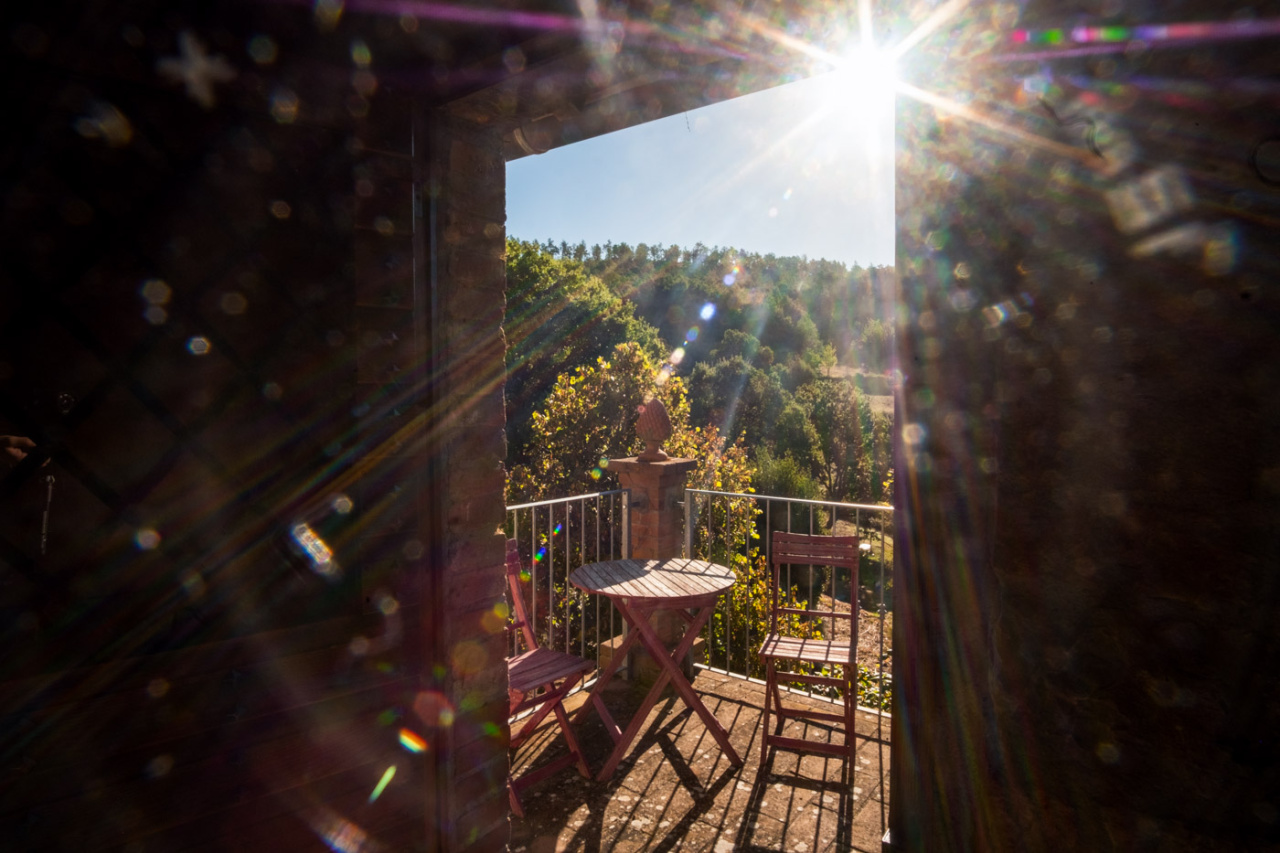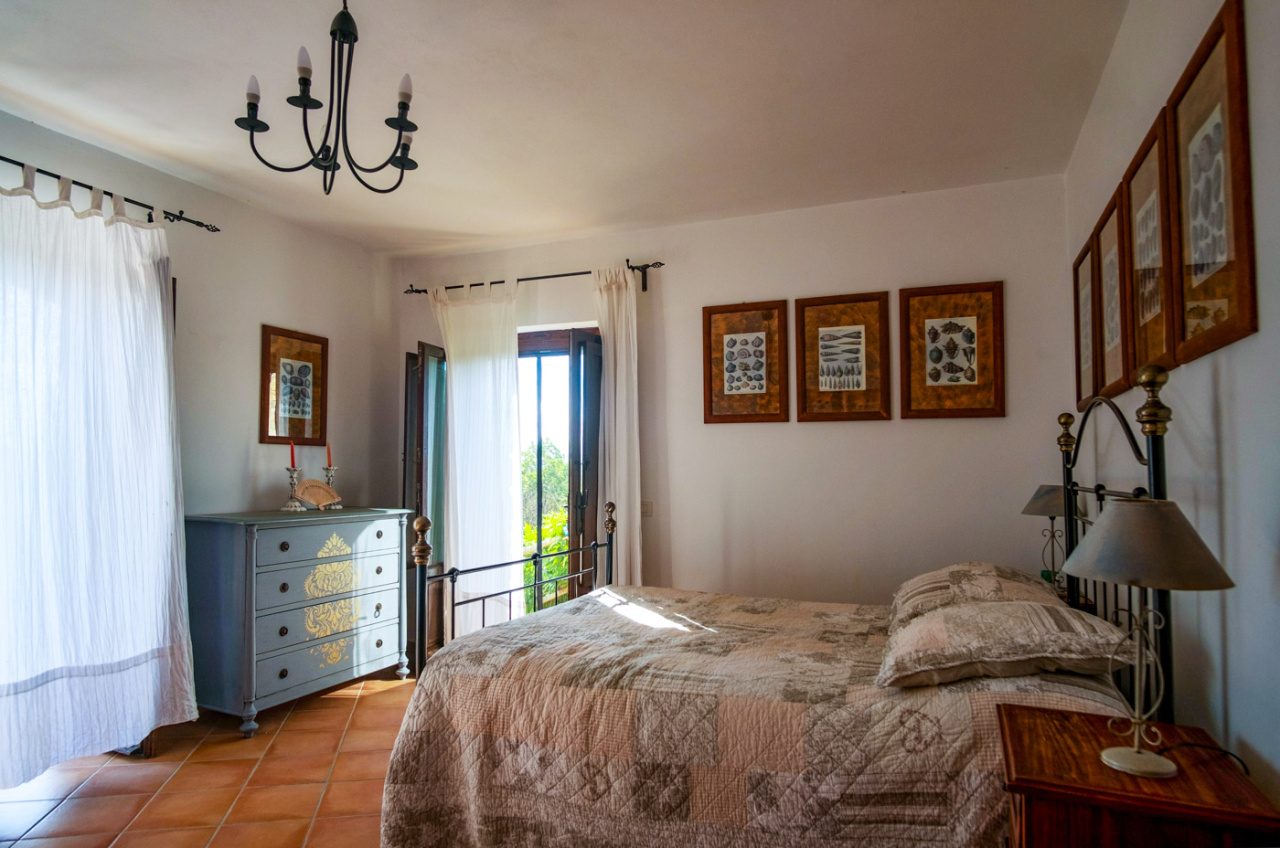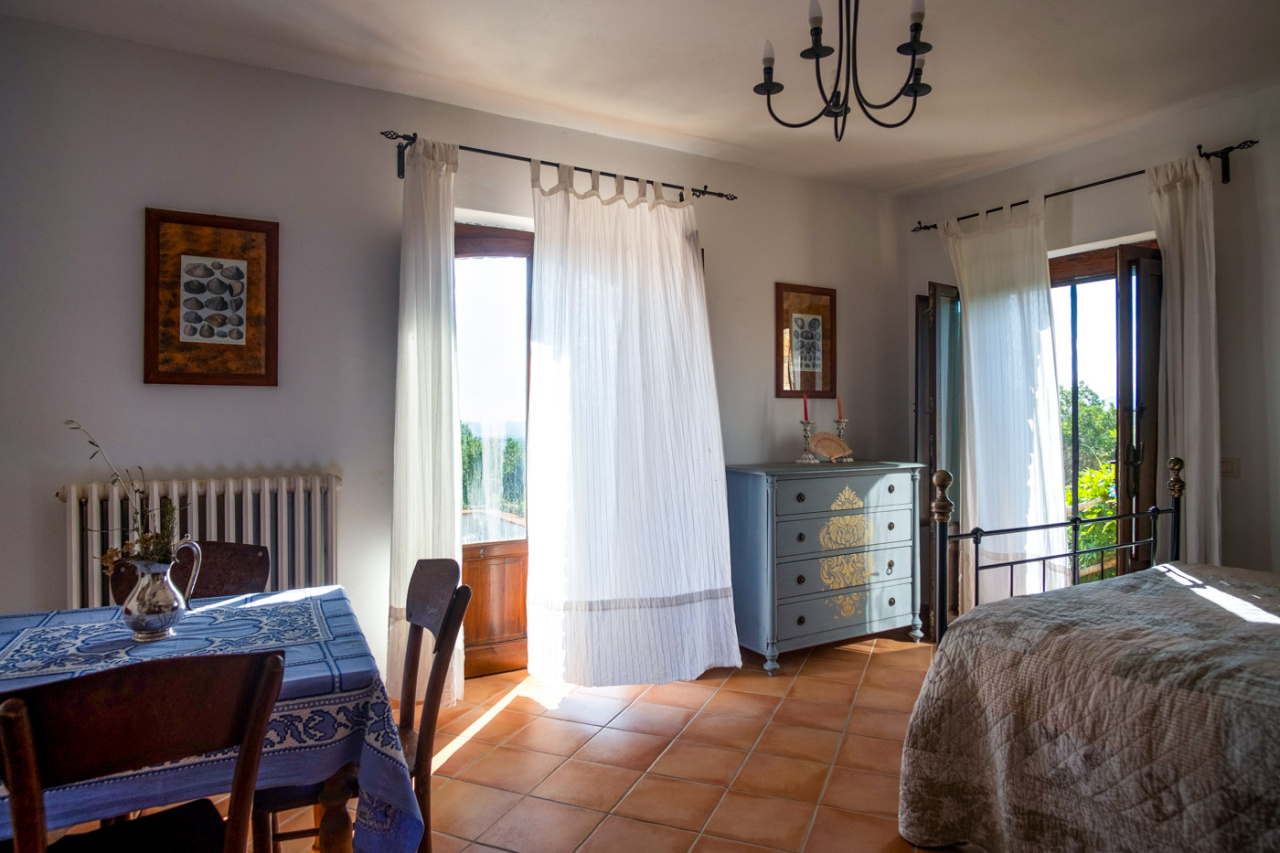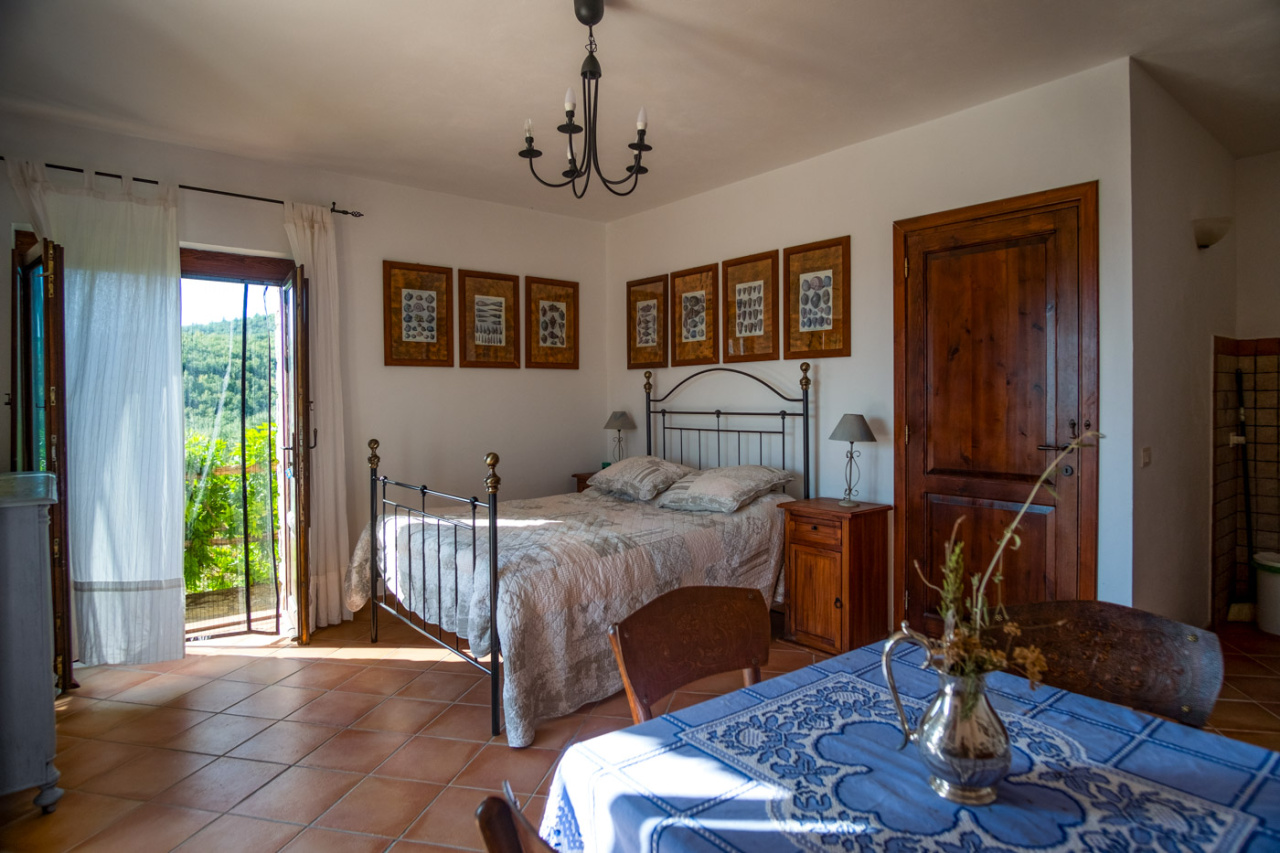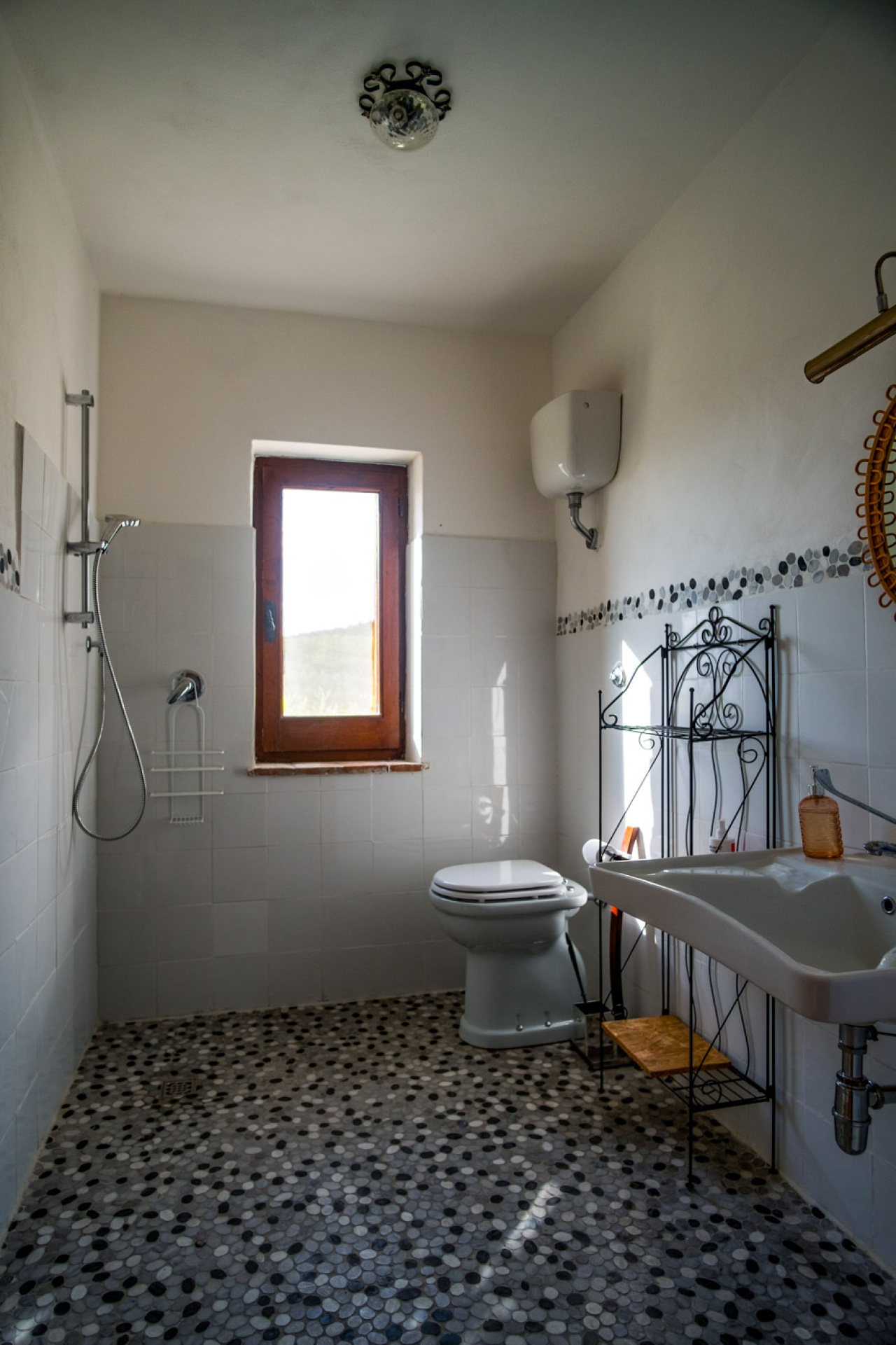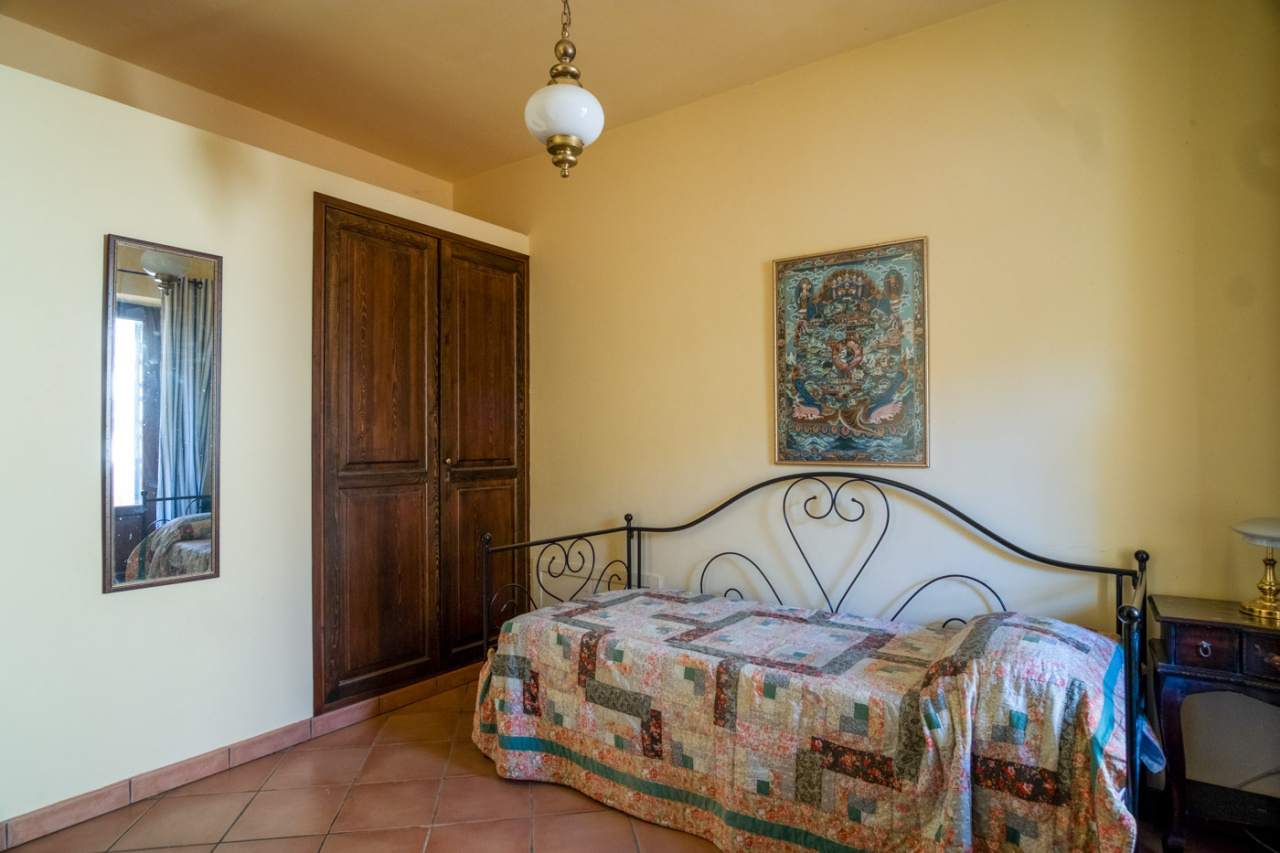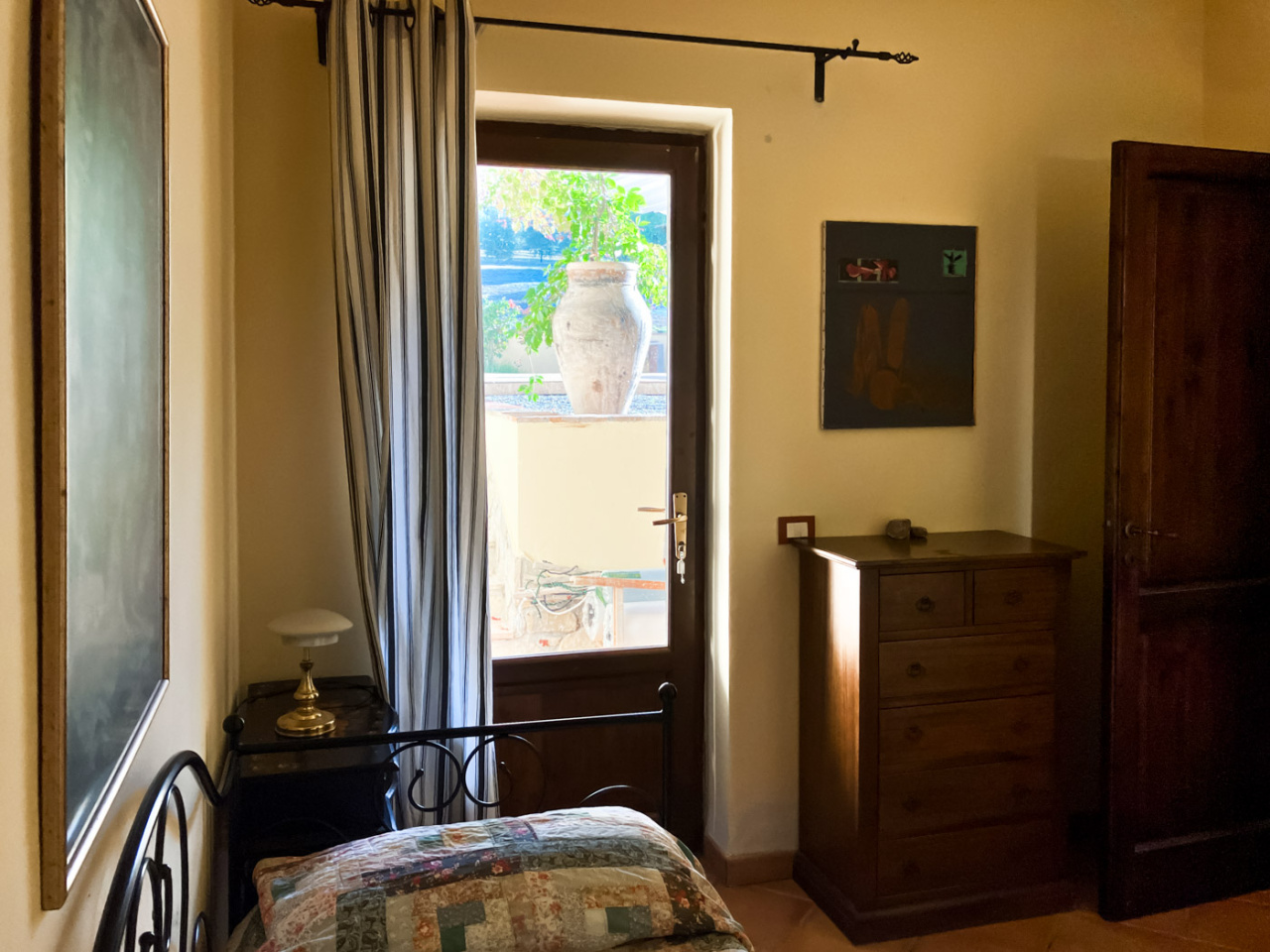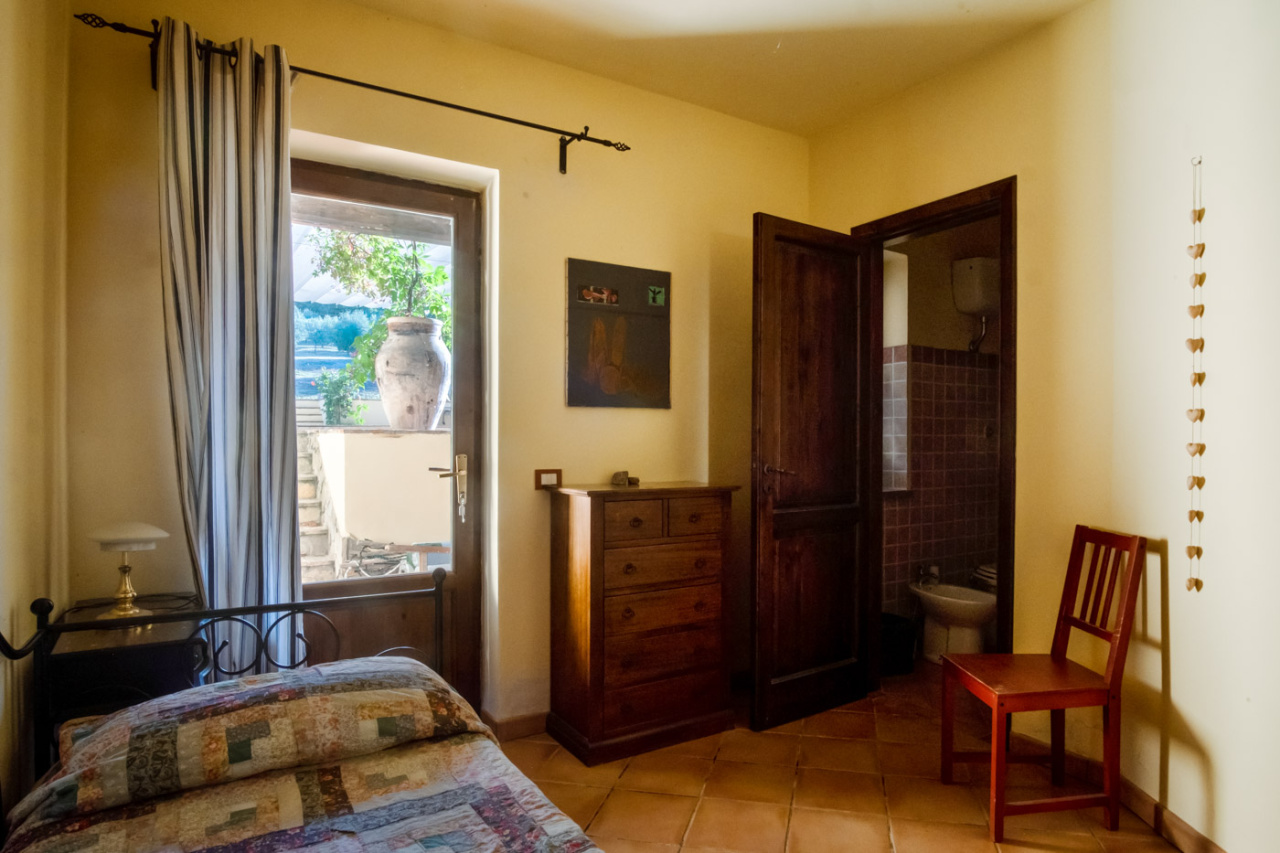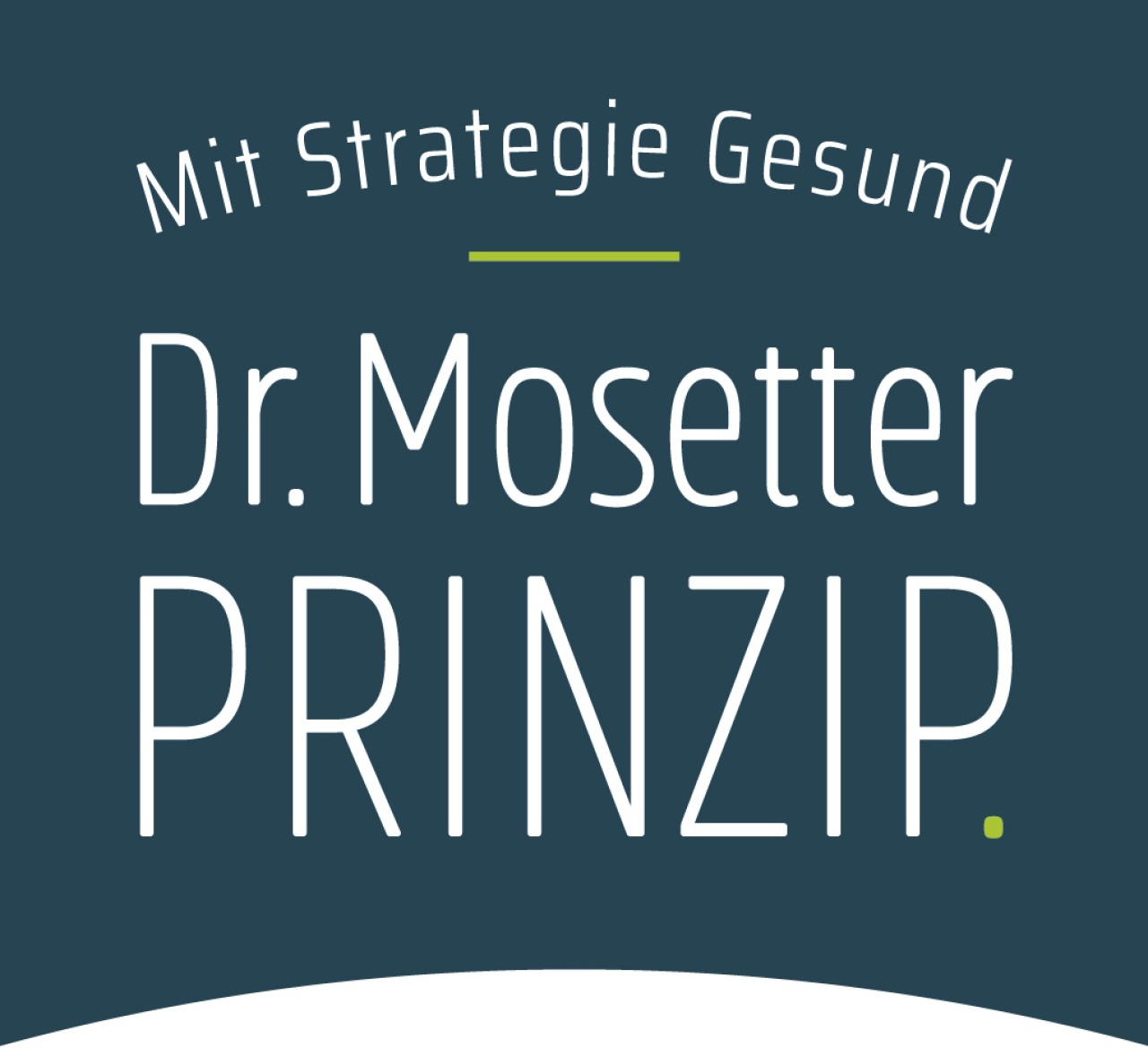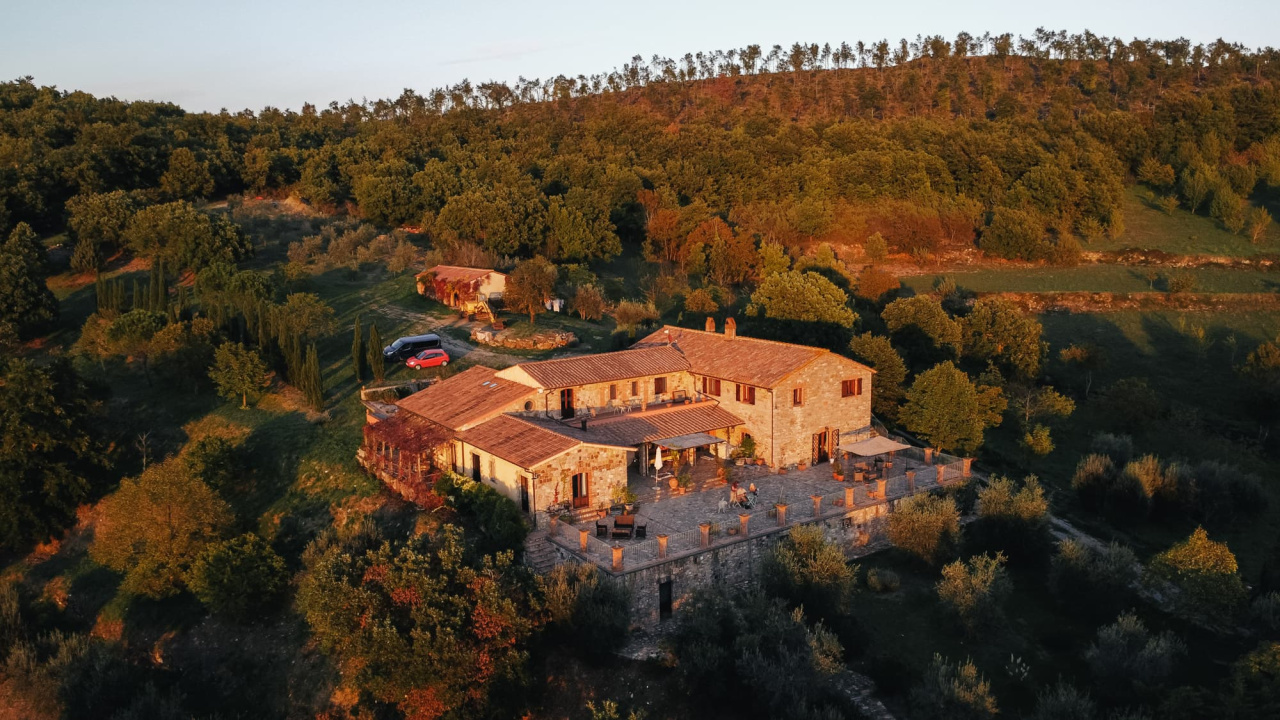Italian Health Retreat 2025
Myoreflex therapy®, regeneration and painfree movement with Dr. med. Kurt Mosetter, Kerstin Kussmaul (PhD), Simone Luschin and Defne Erdur (PhD)
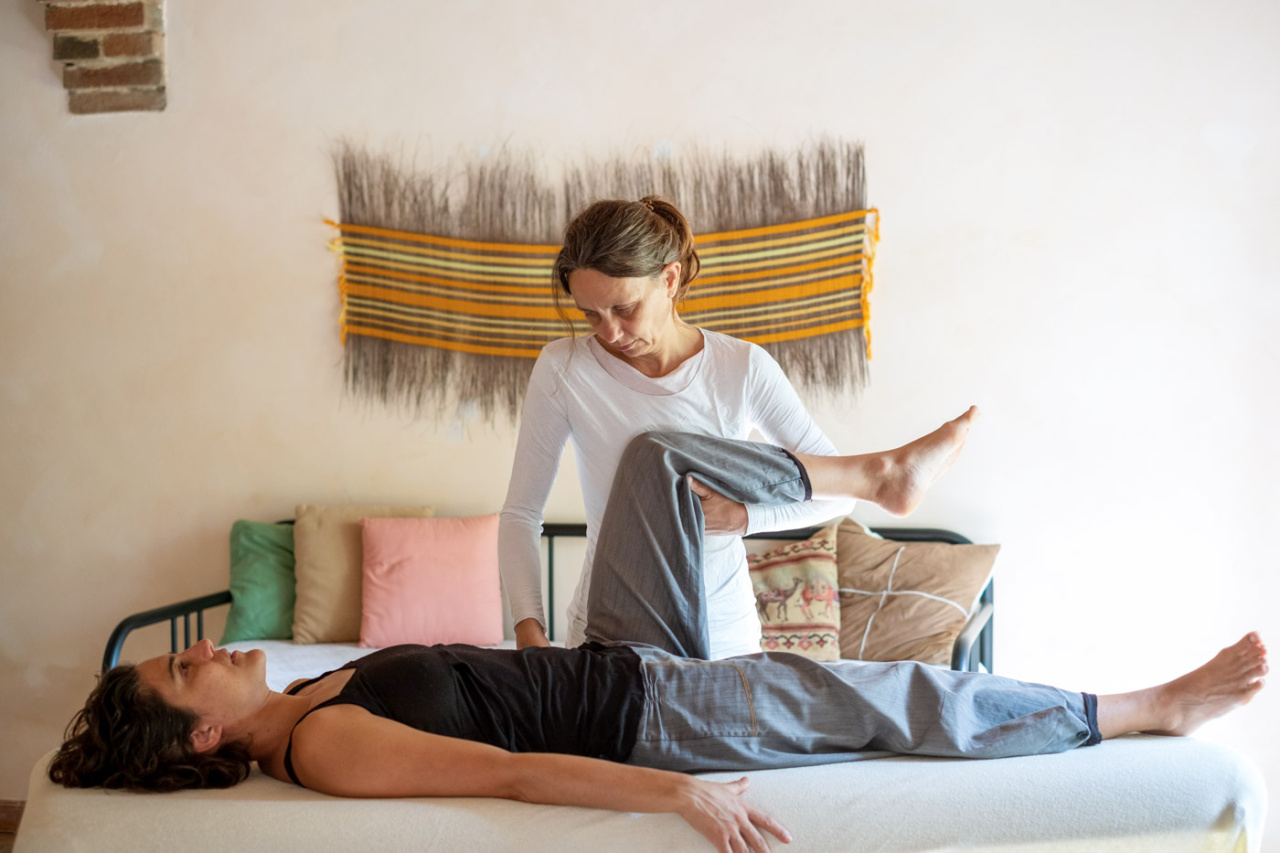
Italian Health Retreat 2025
Myoreflex therapy®, regeneration and painfree movement
The interdisciplinary approach of Myoreflex therapy® is the cornerstone of the Italian Health Retreat. We uncover tense muscle structures and corresponding body impulses and make them conscious through touch. The treatment holds a mirror up to the human organism, as it were, and in this way initiates regulation.
Gentle morning movement is combined with daily Myoreflex therapy®, movement analysis, Somatic Experiencing® and Integrative Deep Tissue Release. Food according to the Glycoplan® (a specific low-carb diet) has a positive influence on body, mind and soul.
The unspoiled nature of the Umbrian hills and the tranquillity of the location support regeneration. We recommend Digital Detox - wifi is available if necessary.
Our team *
Dr. med. Kurt Mosetter, Kerstin Kussmaul (PhD), Simone Luschin and Defne Erdur (PhD)
We work with a multidimensional and interdisciplinary regeneration concept that acts individually on existing imbalances. Neurophysiological and biochemical functions as well as neuropsychological processes play a key role in this.
We see this cooperation as a prerequisite for the development and practical implementation of causal, resource- and lifeworld-oriented treatment concepts.
We apply Myoreflex therapy®, applied neurobiochemistry with Glycoplan®, physiotherapy focus on health promotion, Somatic Experiencing®, Deep Fascial Release, movement analysis and integration.
Your individual and group sessions:
1 x 30 min Anamnesis (online before the retreat) with Kerstin Kussmaul
1 x 30 min Neurobiochemistry lecture with Kurt Mosetter
1 x 30 min Myoreflex therapy with Kurt Mosetter and Kerstin Kussmaul
3 x 30 min Embodied Myoreflex Practice with Kerstin Kussmaul
2 x 45 min Physiotherapy / movement analysis with Simone Luschin
2 x 60 min Somatic Experiencing, Deep Tissue Release with Defne Erdur
5 x 75 min Movement training - group sessions with Kerstin Kussmaul and Defne Erdur
* subject to change
Our methods
Think globally and act locally: We work with self-regulation of muscle approaches in its biomechanical context - with all mechanical and functional interdependencies. Neurophysiological, biochemical functions as well as neuropsychological processes play a key role in effectively influencing the regenerative process and intensifying your well-being (for more information, visit: www.mosetter.de). This is closely linked to reflecting on your own behavior and a corresponding positive change in your mental state.
Another focus is applied biochemistry with the regulation of cellular metabolism. Energy metabolism in the body and brain plays a central role in the health of the organism. The sugar metabolism and the insulin system of the brain coordinate the metabolism of the whole organism. This means that all peripheral organs - especially the pancreas, liver, kidneys, muscles and bones, but also the blood vessels and cardiovascular system - are controlled by central insulin and energy metabolism. Disorders of insulin and sugar metabolism, so-called insulin resistance-related diseases, such as diabetes mellitus type II and metabolic syndrome of the pancreas, liver and fat cells, thus turn out to be centrally influenced diseases. All civilization diseases associated with insulin resistance - osteoporosis, high blood pressure, dyslipidemia with elevated cholesterol and triglycerides, renal insufficiency, gout, muscle pain, muscle weakness, obesity, hormonal diseases such as polycystic ovary syndrome and a large number of cancers - have a common denominator with the sugar metabolism of the brain.
At Artis Umbria, food is cooked fresh every day, using organic and/or local ingredients, according to a glycoplan, and vegetarian. The social aspect of eating together at a large table overlooking the hilly landscape supports the regulatory work in a subtle and meaningful way.
In the context of physiotherapy, the interventions are aimed at strengthening the patient's own health-preserving resources and supporting a change in individual behavior. Active participation - the participatory approach - is considered an important success factor in physiotherapy treatment; it focuses on maintaining health - salutogenesis. One of its main objectives is to promote empowerment, which subsequently leads to the sustainable strengthening of health literacy.
is a neurobiological and body-oriented approach to healing trauma and stress- related disorders. Humans have an innate ability to overcome the effects of trauma and stress, restoring the self and aliveness through self-regulation.
The Somatic Experiencing® approach facilitates the completion of self-protective motor responses and the release of blocked survival energy. The approach aims to help clients access their body memory to dispel the power of the narrative, reframe body memory, and regain aliveness and flow. This is achieved by gently guiding clients to develop an increasing tolerance for difficult bodily sensations and repressed emotions in order to build the capacity for resilience.
is a massage therapy approach that uses soothing essential oils. The approach focuses on releasing tension and toxins in the soft tissues - the muscles and connective tissue - following the pathways of the lymphatic system. Gentle mobilizations of the joints and subtle cranial techniques that follow the natural rhythm of the central nervous system are integrated to support the body's self-healing mechanisms.
Movement training and integration is used to integrate new or lost movement patterns in everyday life. Easy-to-learn exercises and experiments improve neuro-muscular self-regulation and help to keep it in balance independently.
The aims of movement training are:
to maintain and regain individual freedom of movement
to find joy in (healthy) movement
to improve self-awareness and thus contribute to the balance of the musculoskeletal system, preventing pain, relieving from pain and increased range of motion
the release of physical and mental tension and thus the gain of external and internal mobility
to provide a targeted, time-saving balance to everyday working life
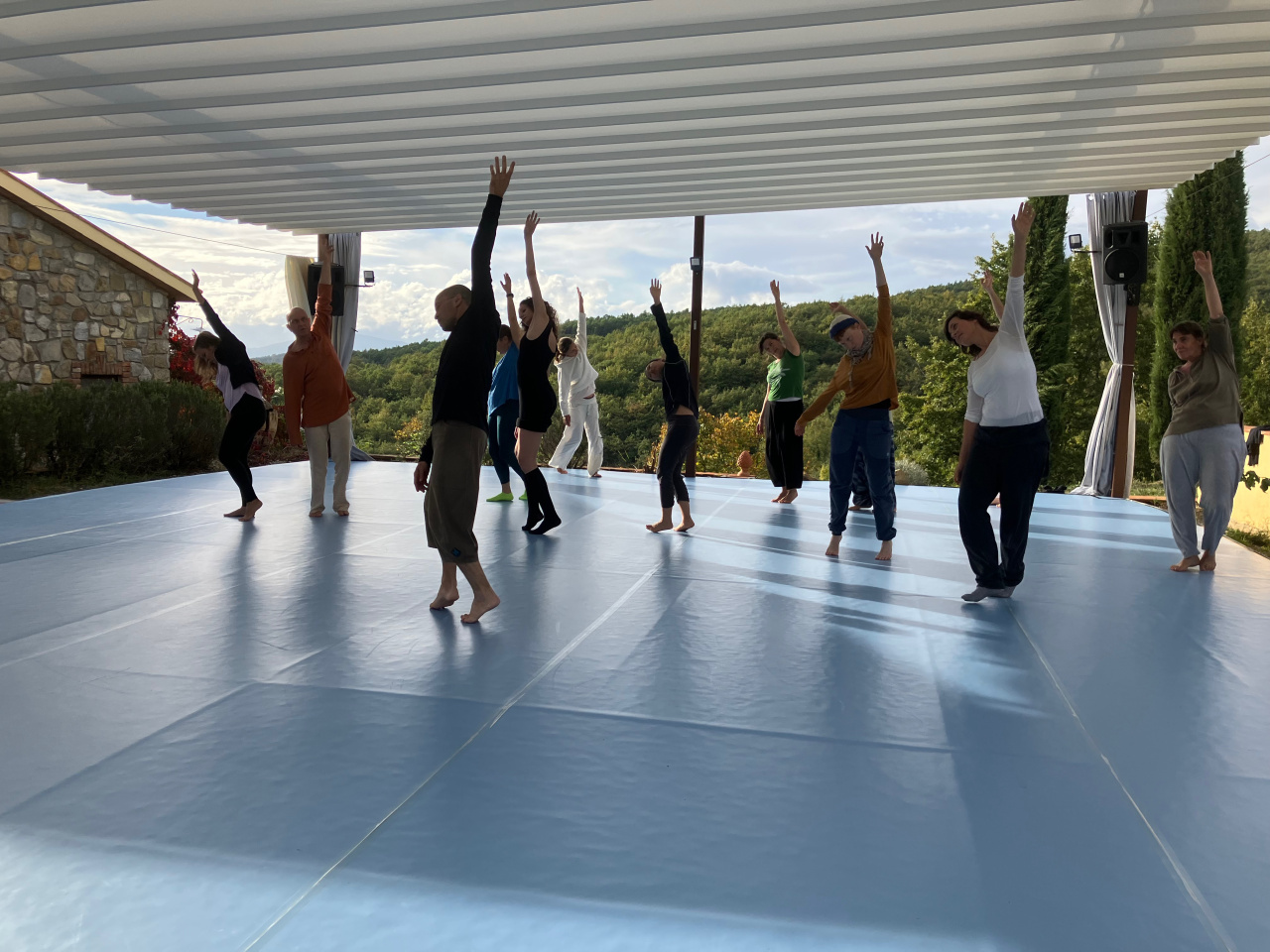
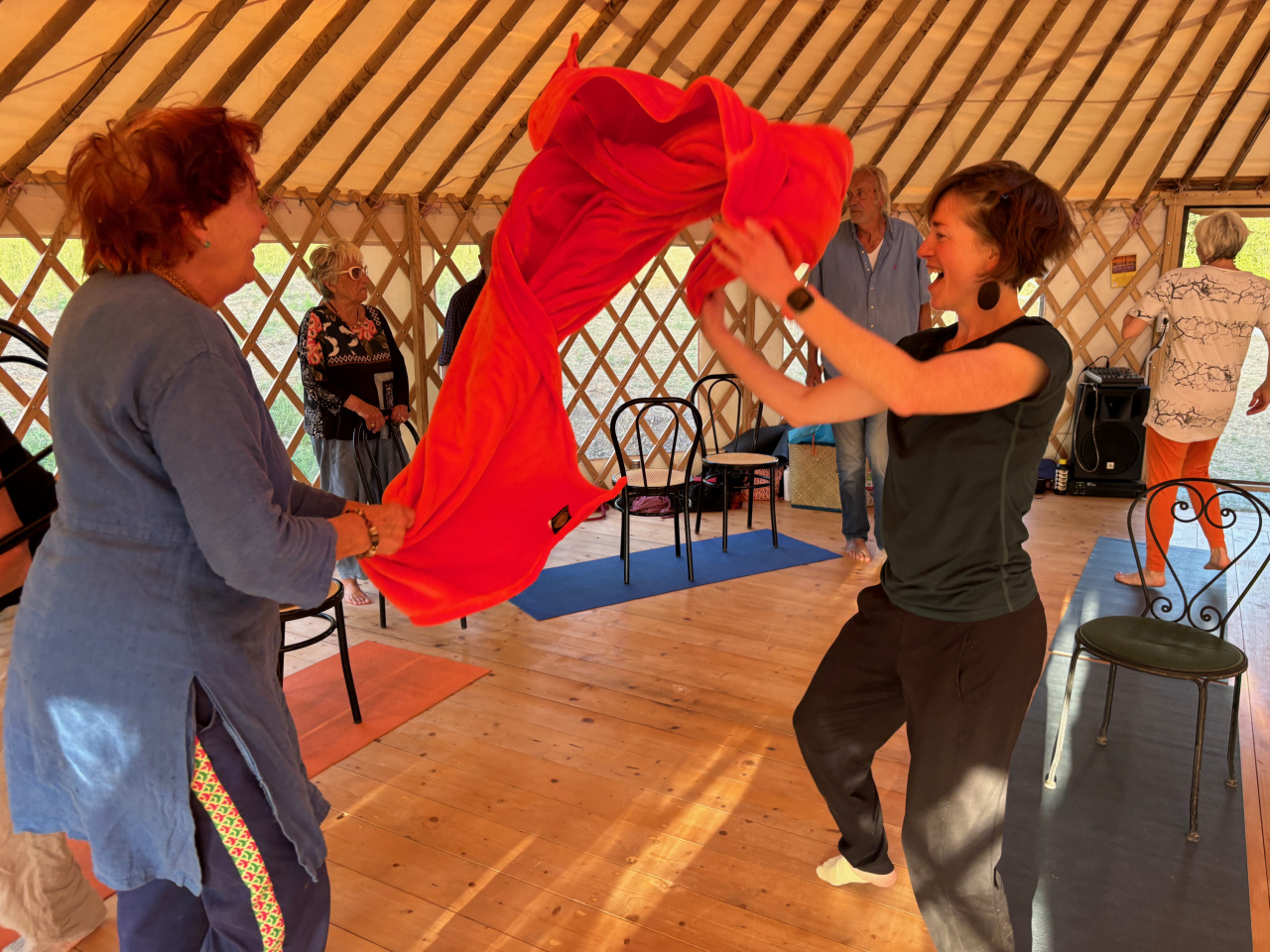
- Accommodation for 7 days (6 nights)
- 3 anti-inflammatory vegetarian meals daily
- 9 individuell sessions (30 - 75 minutes each)
- 5 group sessions / movement classes (75 minutes each)
- Talks with the therapists and workshop leaders
- Access to pool and all other amenities of Tenuta di Poggiolame
- Shuttle to and from train station Fabro-Ficulle
Total costs for 7 days (6 nights) per person: from € 1,630 to € 2,320 (single or double room, private or shared bathroom).
Upon receipt of a deposit of 400 euro, the booking for accommodion and meals is bindingly reserved. Please take note of our cancellation policy.
Number of participants: max. 14
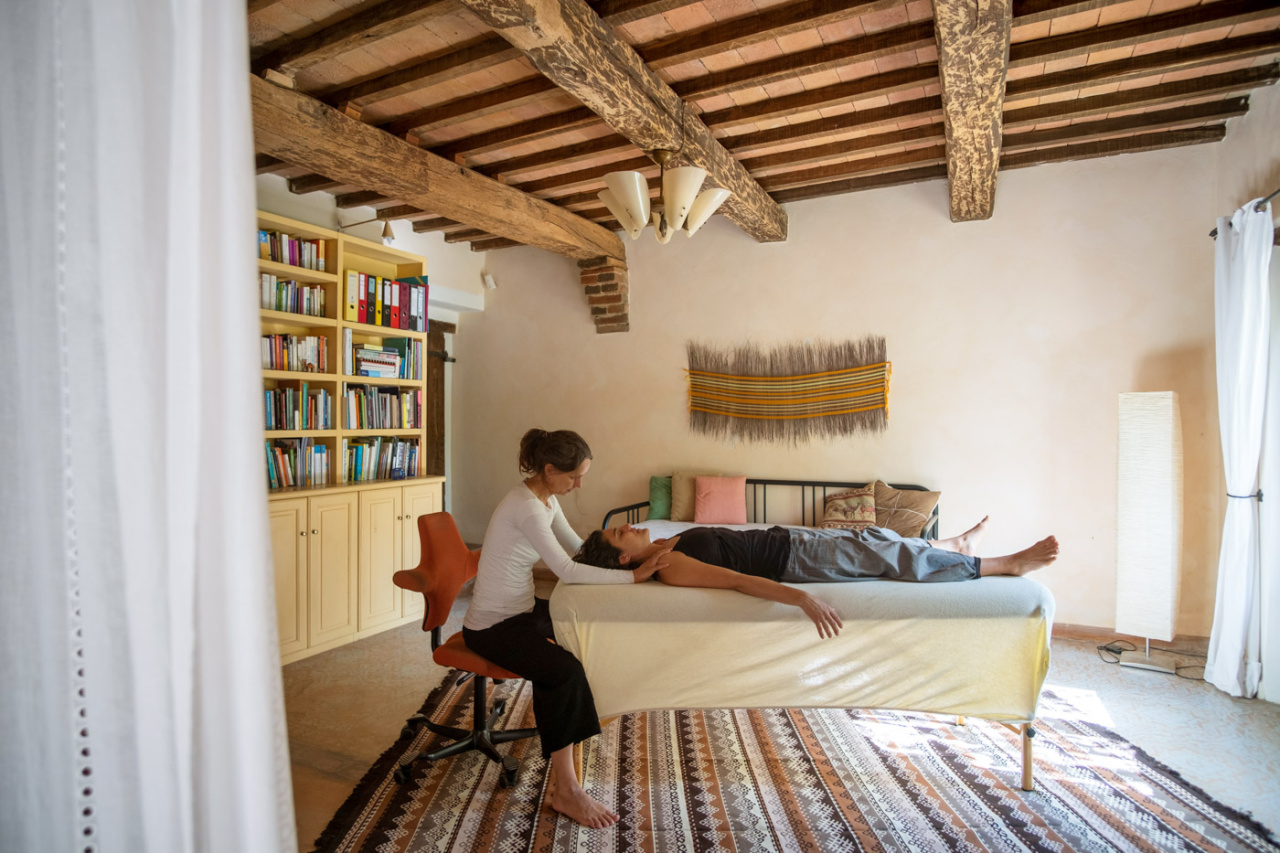
A retreat in cooperation with ZiT Konstanz
our rooms
Scaleni
28m² fits 2 people
Scaleni is part of the historic building and sits on the upper floor facing north and east. It features an open fire place and an open beam ceiling. Two beds (a single bed and a 140cm futon bed) furnish the room. Scaleni is directly connected to Axis, of which the guests will have to pass through Scaleni to get to the shared bathroom.
our rooms
Axis
18m² fits 2 people
Axis is a cute little double room (two single beds) facing east on the upper floor. It features open beams with terracotta tiles. It is connected to the front room (Scaleni), through which one will walk through to get to the hallway and to the bathroom, which is shared with Scaleni.
our rooms
Mana double
16m² fits 2 people
Mana double room looks out towards the pool. It is part of the Mana apartment which is a bit away from the other rooms. It shares a bathroom with Mana single.
our rooms
Alba
18m² fits 2 people
Alba is a double room on the upper floor of the original building with open beam ceilings and faces east and south. Its doublebed (160 cm wide) features a canopy. It shares a bathroom with Psoas and Vitus
our rooms
Psoas
16m² fits 2 people
The Psoas is a double room located on the upper floor of the original building with a historic open beamed ceiling. The windows face south and west. Psoas has a double bed (160 cm) and shares a bathroom with Alba and Vitus
our rooms
Gracilis
18m² fits 2 people
Gracilis is a double room and looks out the west side towards Montegabbione. It contains a double bed (160 cm wide). It shares a wheelchair accessible bathroom with Soleus, with whom it makes up an apartment
our rooms
Amiata
30m² fits 2 people
Amiata is a double room apartment with a gallery. Upstairs: double-bed (160 cm) & bathroom. Downstairs there are two single beds and a kitchenette. Private west terrace with a lovely view of our olive orchards and Monte Amiata.
our rooms
Iris
30m² fits 2 people
Iris is a double room apartment with a gallery. Upstairs: double-bed (160 cm) & bathroom. Downstairs there is a single bed and a kitchenette. Private west terrace with a lovely view of our olive orchards and Montegabbione
our rooms
Atlas
35m² fits 2 people
Atlas is a double room and located on the upper floor of the main building with windows and balcony doors facing north and south. It has a private terrace of 30 m2 with a view from Monte Peglia to Monte Cetona. It also has a huge double bed (180x200) made of solid cherry wood.
our rooms
Mana single
14m² fits one person
Mana single is a single room looking towards the pool. It features its own terrace looking directly onto an olive grove and is part of the Mana apartment which is a bit away from the other rooms. It shares a bathroom with Mana double.
our rooms
Vitus
15m² fits one person
Vitus is a single, east-facing room on the upper floor of the historic building featuring original beams. The bed is 140 cm wide. Vitus has its own terrace and entrance (outdoor staircase). It shares a bathroom with Psoas and Alba.
our rooms
Alba (as single room)
18m² fits one person
Alba is a double room on the upper floor of the original building with open beam ceilings and faces east and south. Its doublebed (160 cm wide) features a canopy. It shares a bathroom with Psoas and Vitus.
our rooms
Psoas (as single room)
16m² fits one person
The Psoas is a double room located on the upper floor of the original building with a historic open beamed ceiling. The windows face south and west. Psoas has a double bed (160 cm) and shares a bathroom with Alba and Vitus.
our rooms
Gracilis (as single room)
18m² fits one person
Gracilis is a double room and looks out the west side towards Montegabbione. It contains a double bed (160 cm wide). It shares a wheelchair accessible bathroom with Soleus, with whom it makes up an apartment.
our rooms
Soleus
22m² fits one person
Soleus is a single room and sits at the south west corner of the terrace, with its own furniture on the main terrace. It contains a medium size bed (140 cm wide) and a kitchenette. It shares a bathroom with Gracilis, with whom it makes up an apartment.
our rooms
Piriformis
12m² fits one person
Piriformis is a single room with its own bathroom. Piriformis has a north-facing private terrace, which is pleasantly cool in summer. Piriformis is close to the kitchen and is therefore best suited to guests who like to get up early or who don't mind kitchen noise.
our rooms
Iris (as single room)
30m² fits one person
Iris is a double room apartment with a gallery. Upstairs: double-bed (160 cm) & bathroom. Downstairs there is a single bed and a kitchenette. Private west terrace with a lovely view of our olive orchards and Montegabbione.
